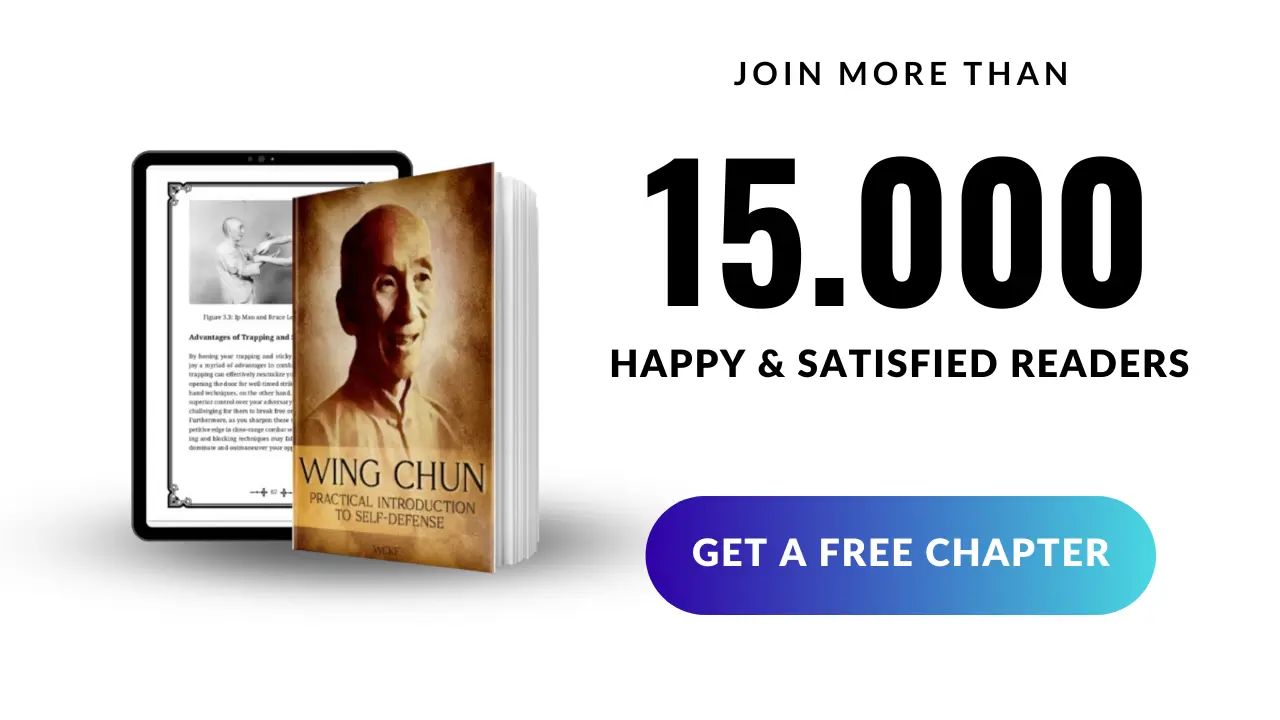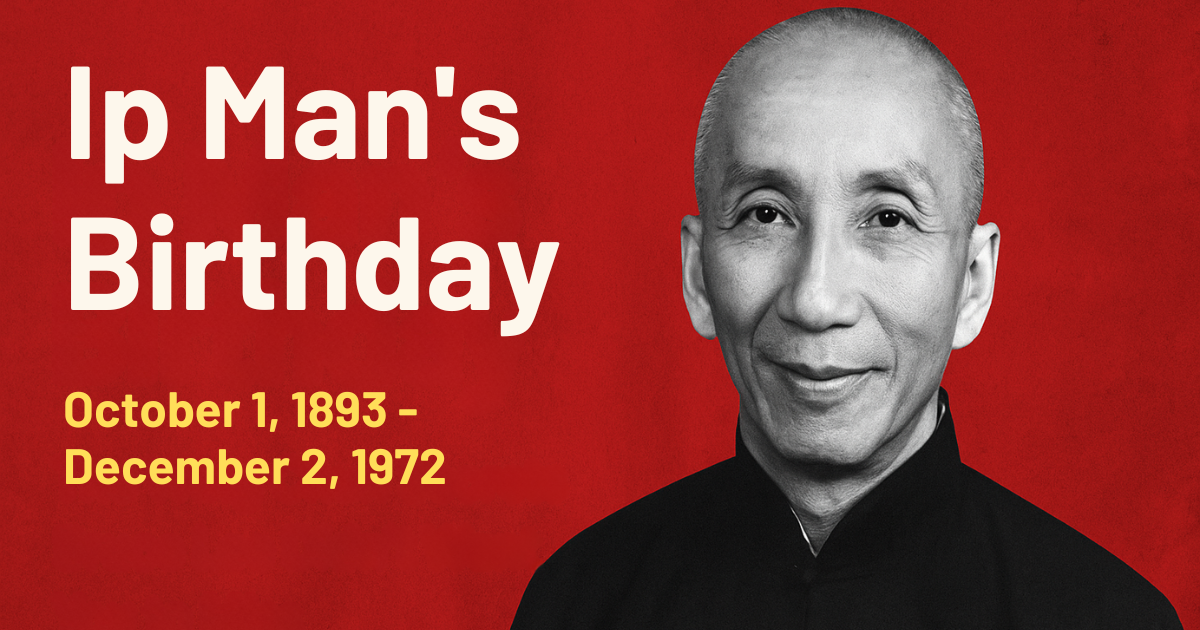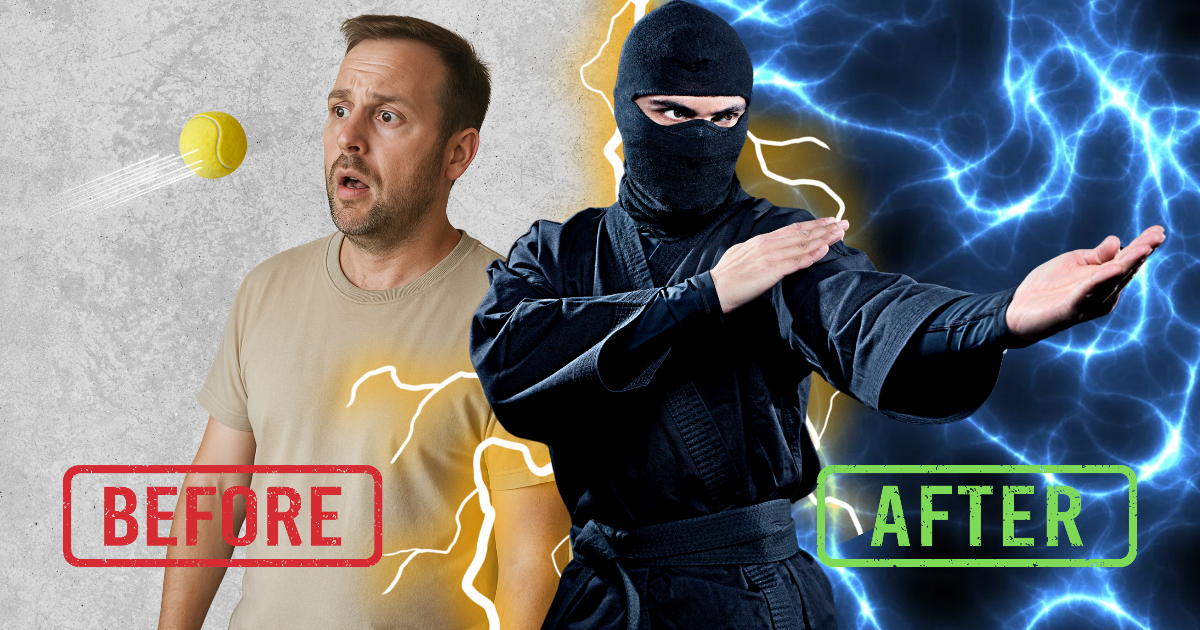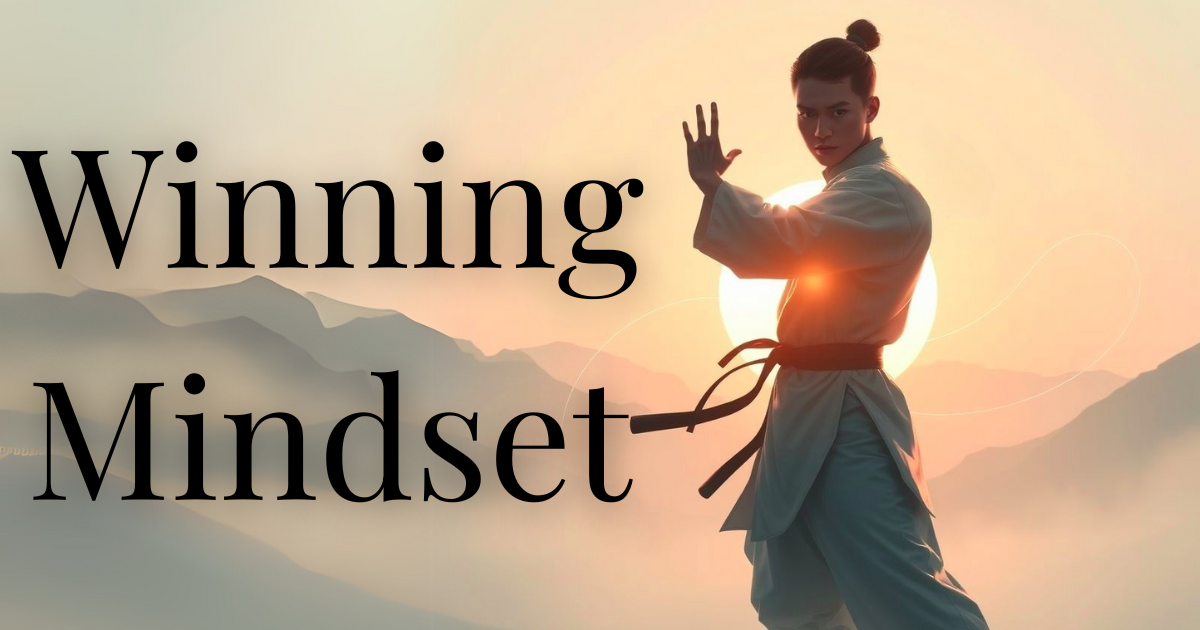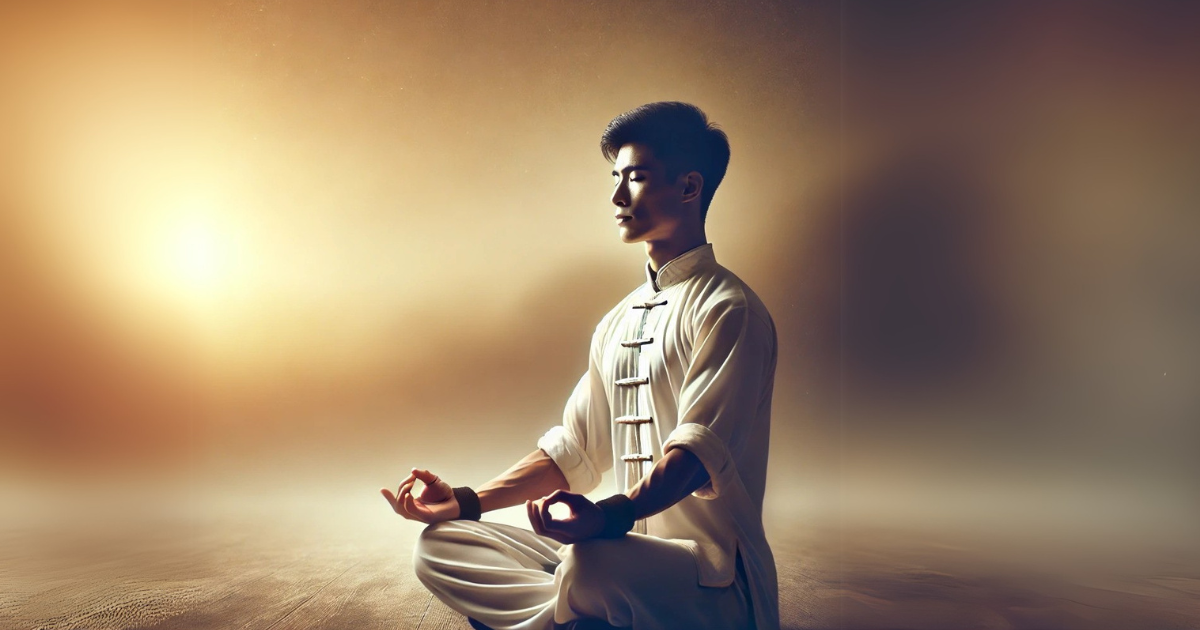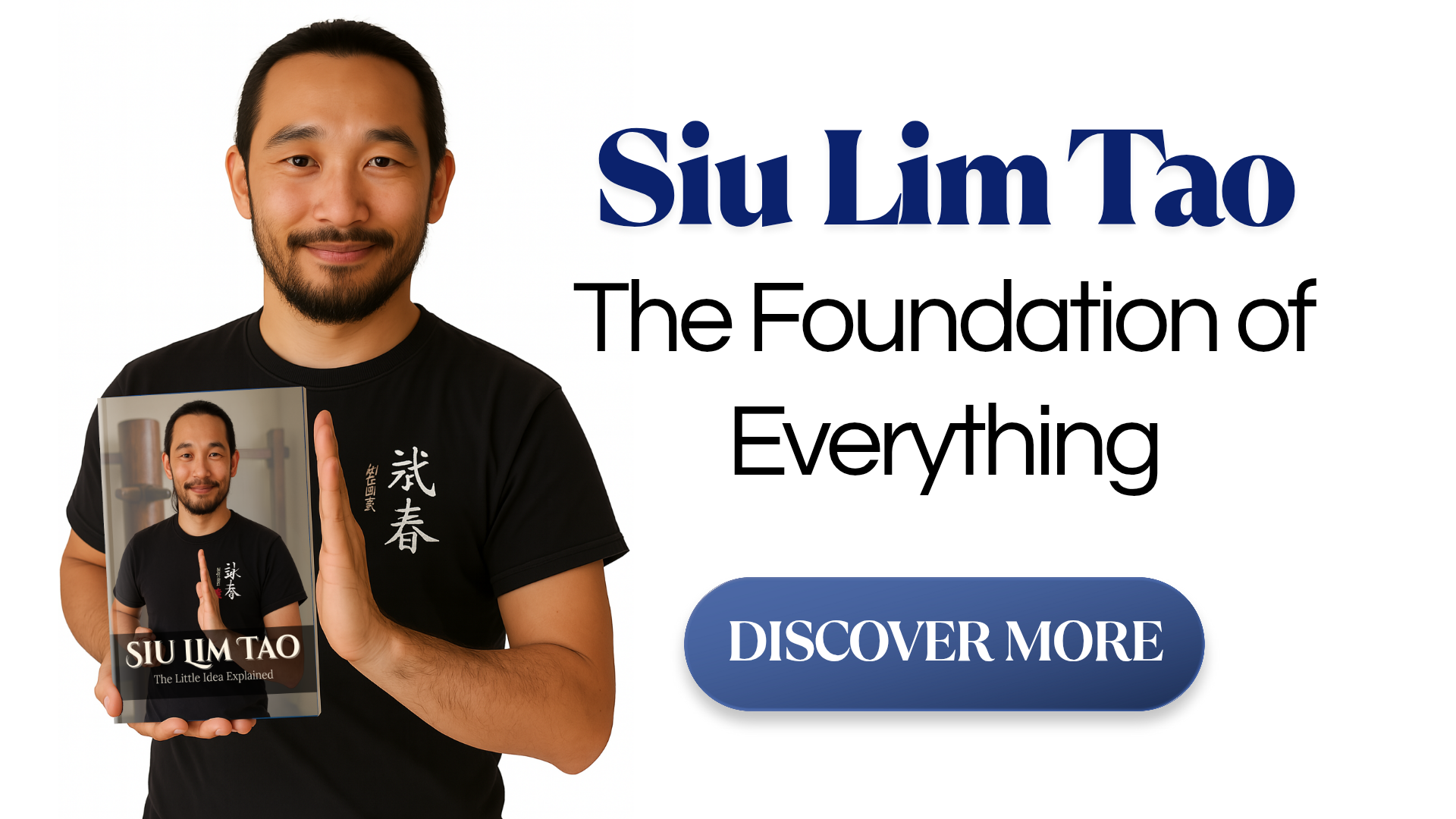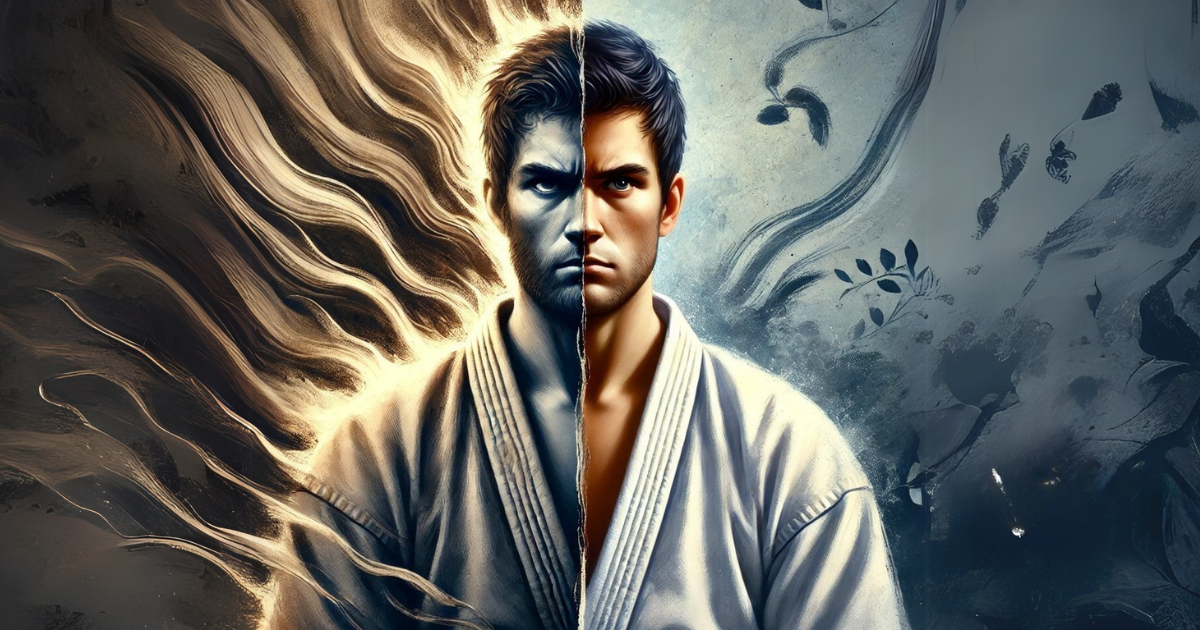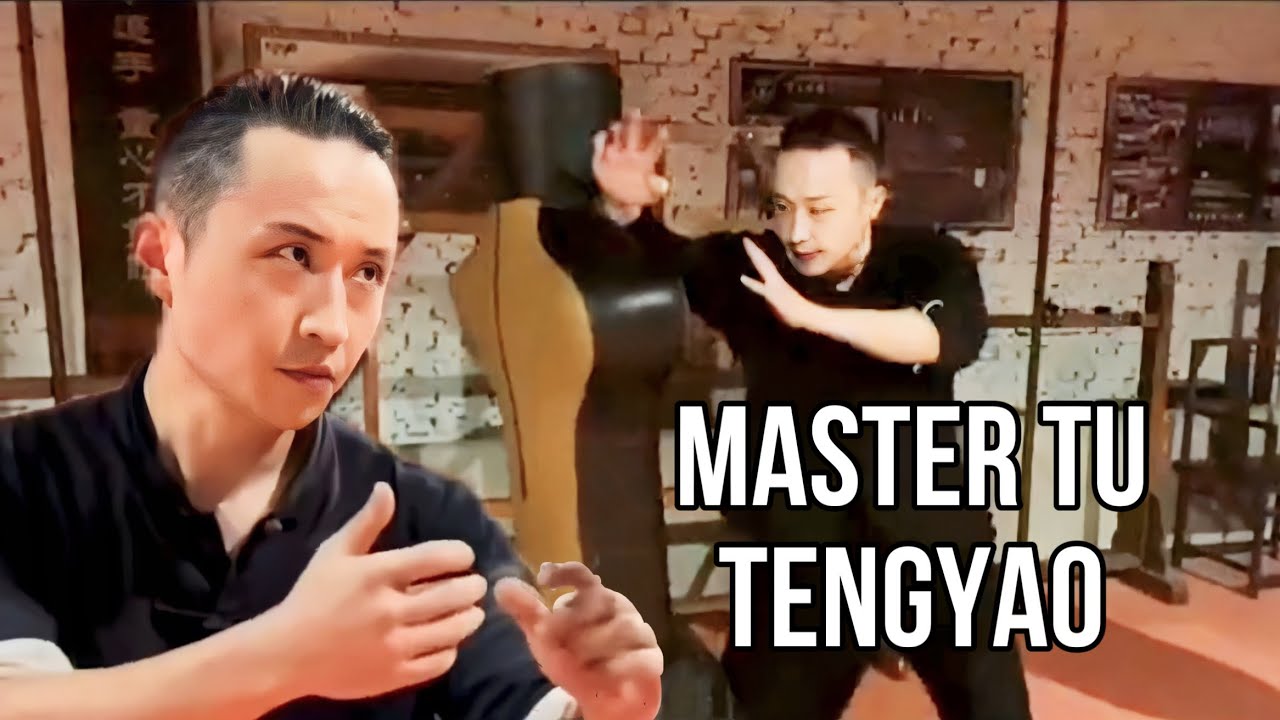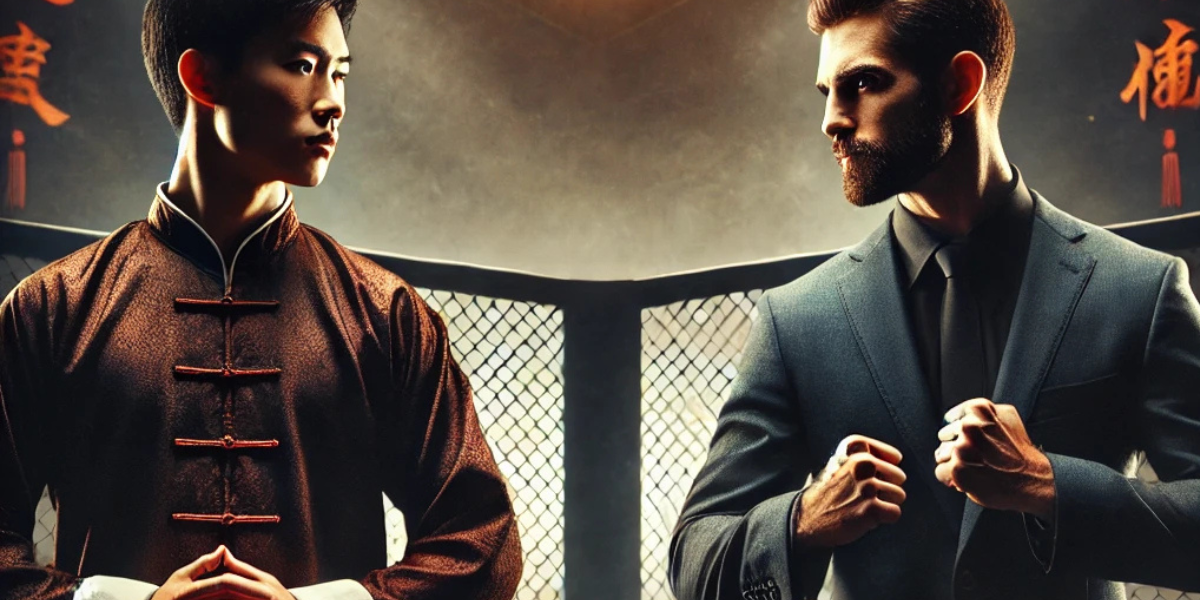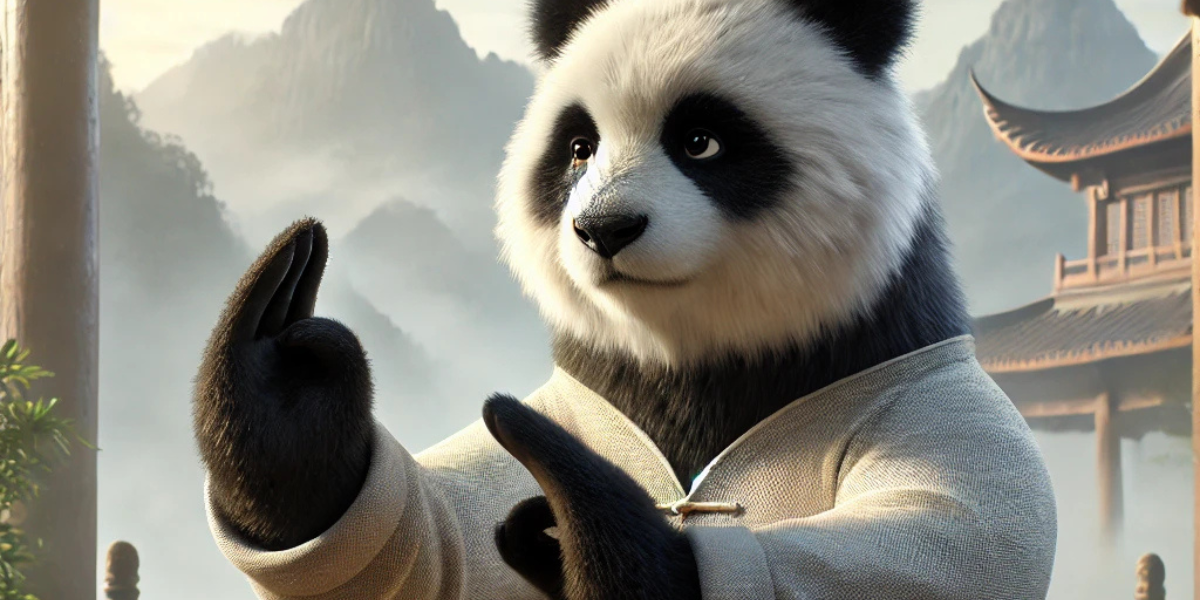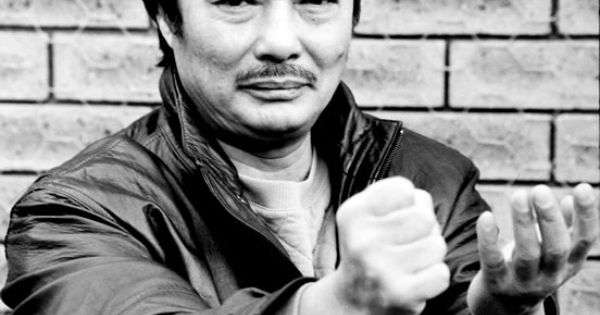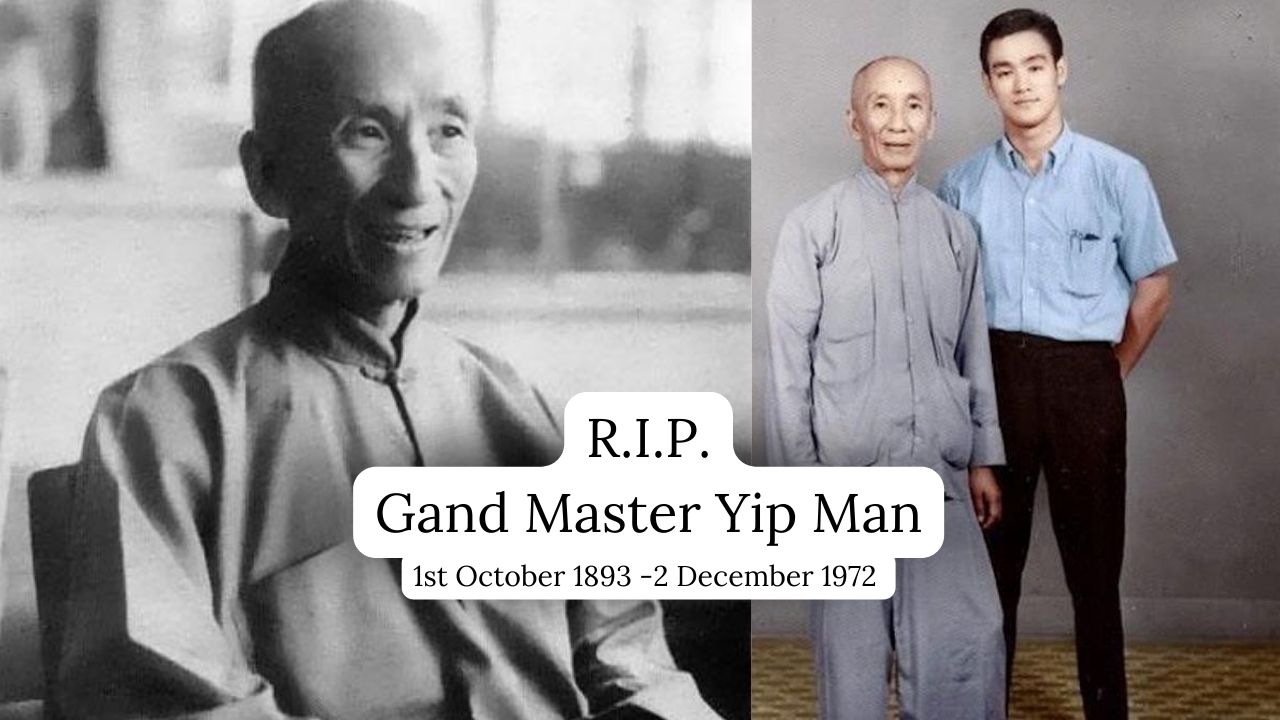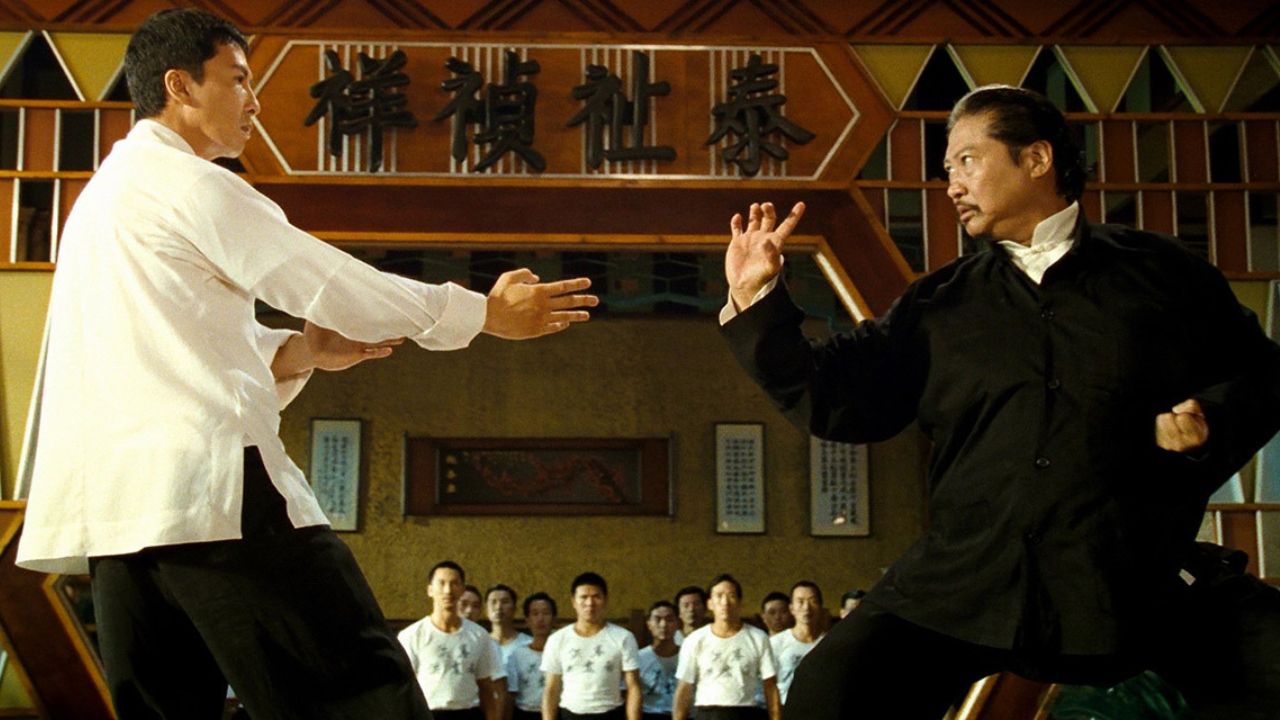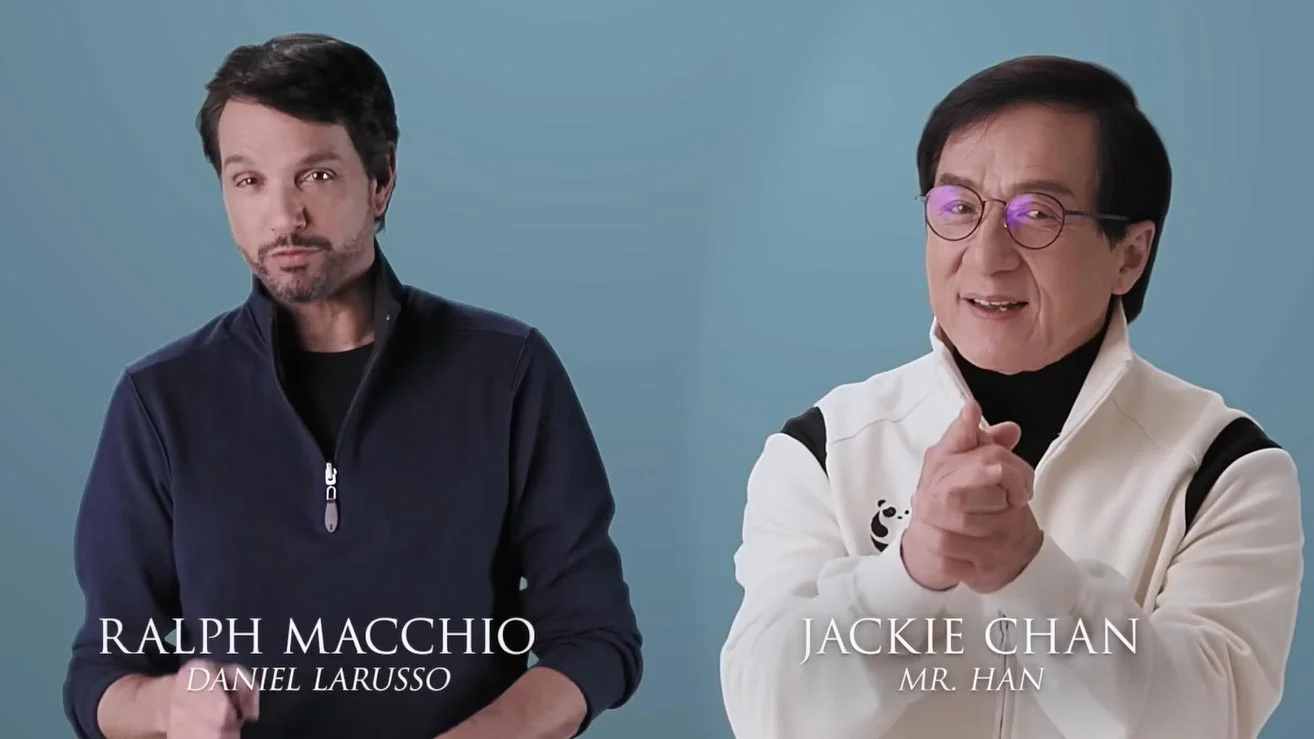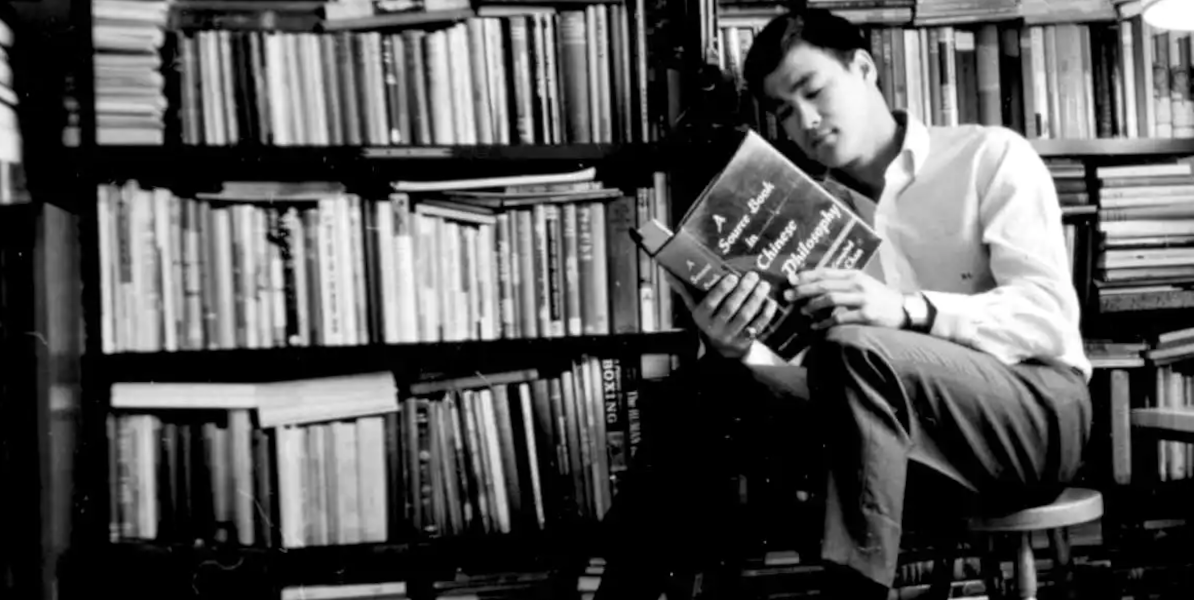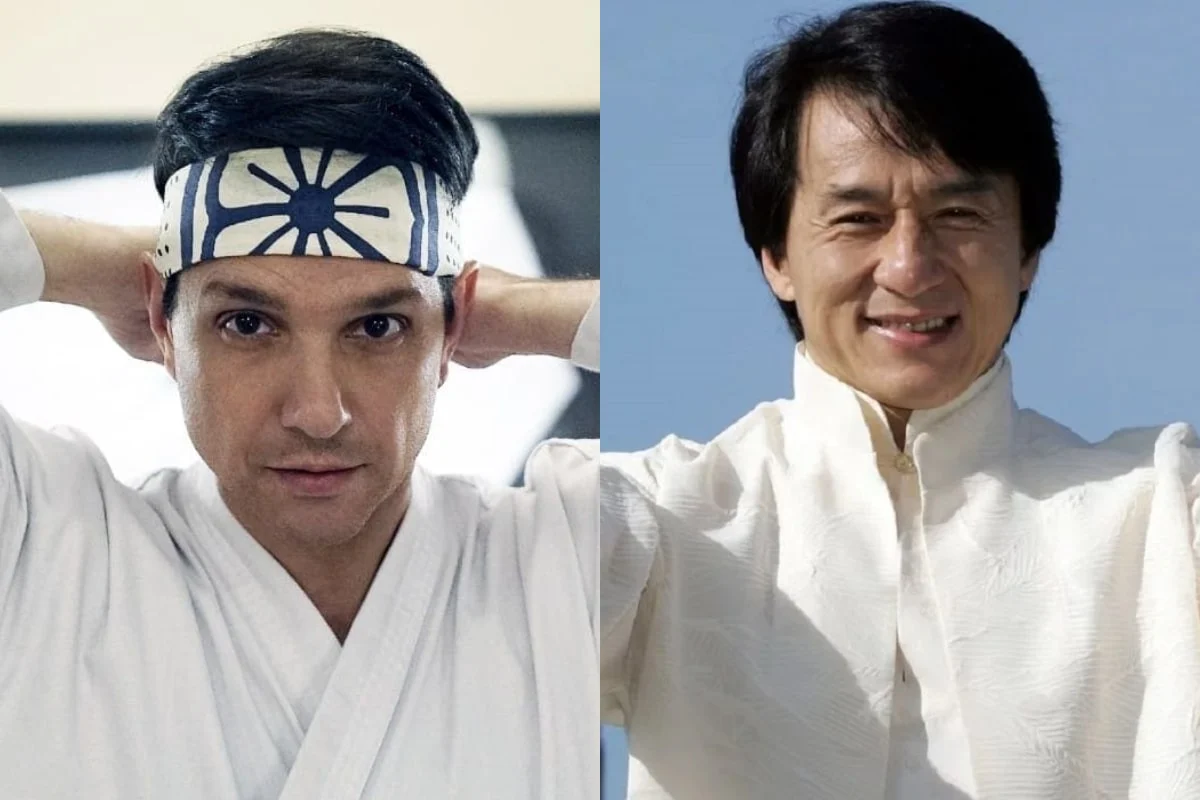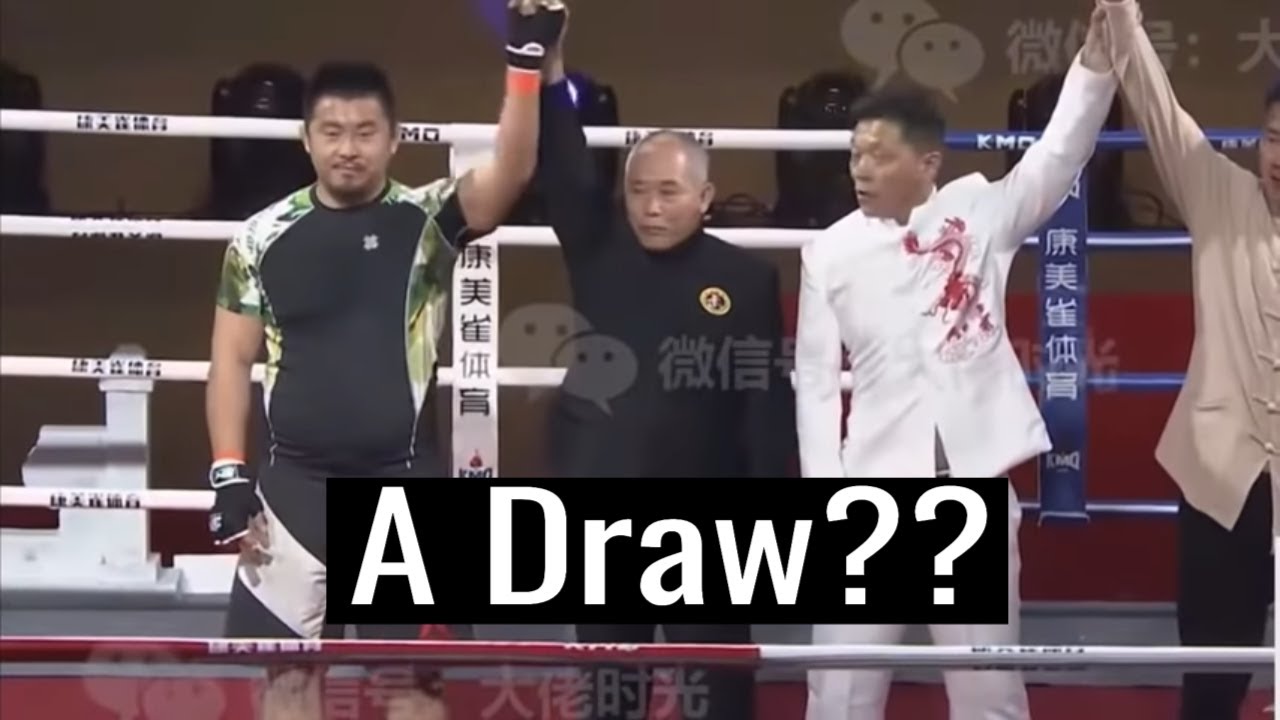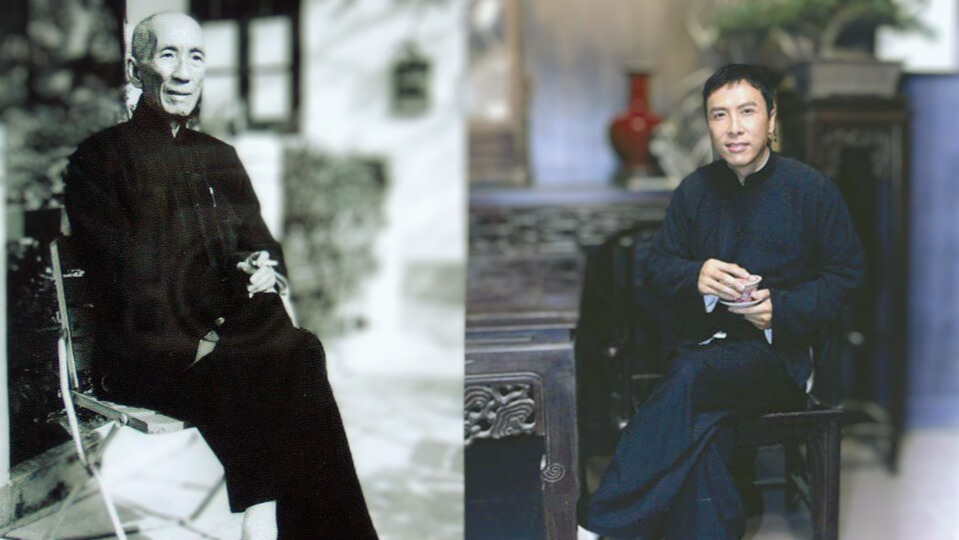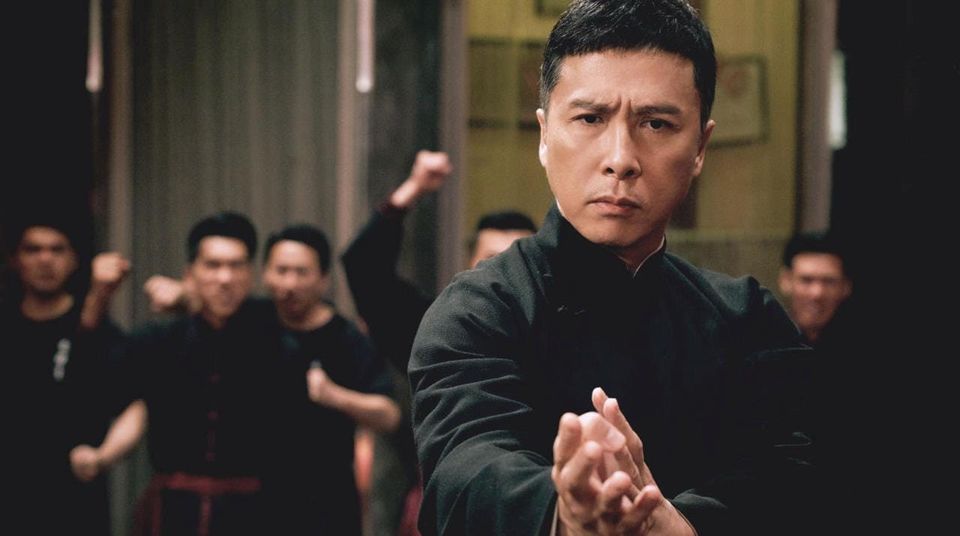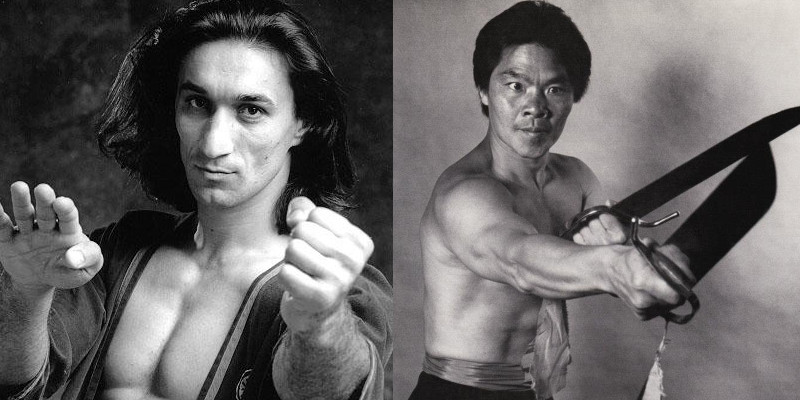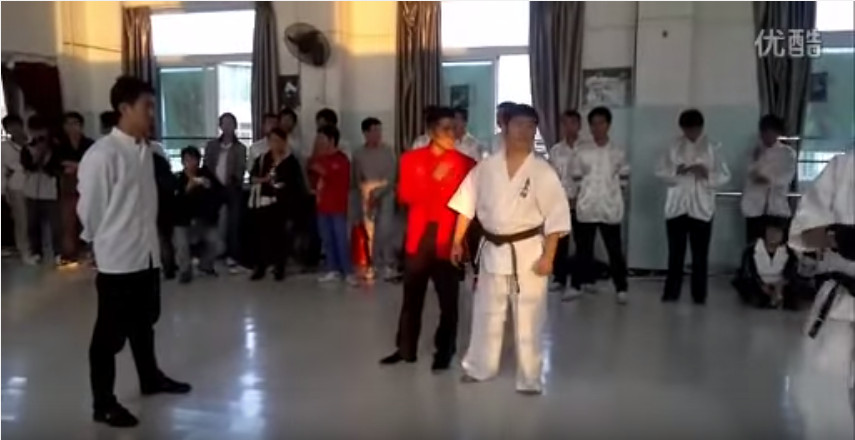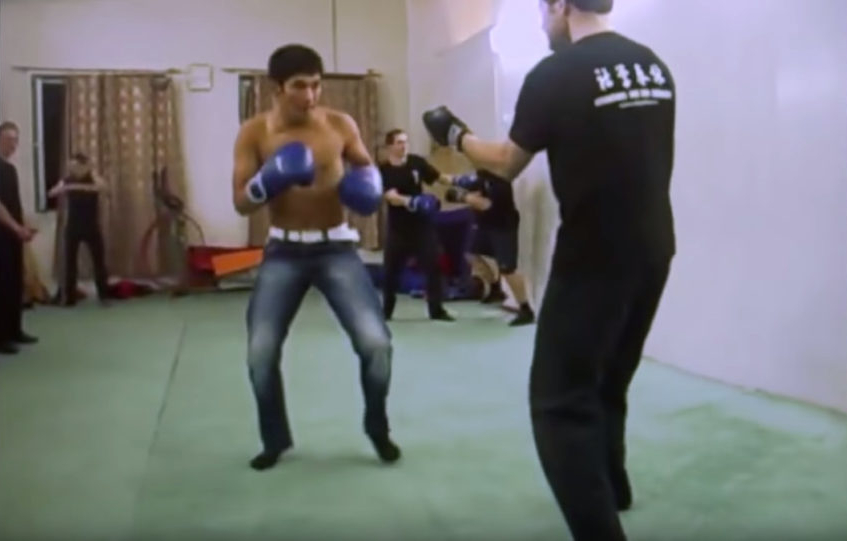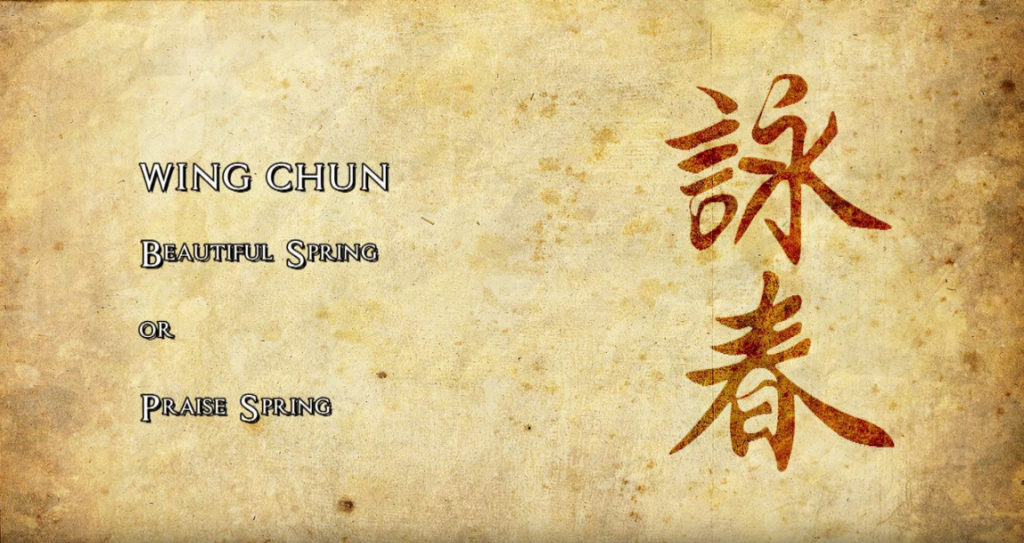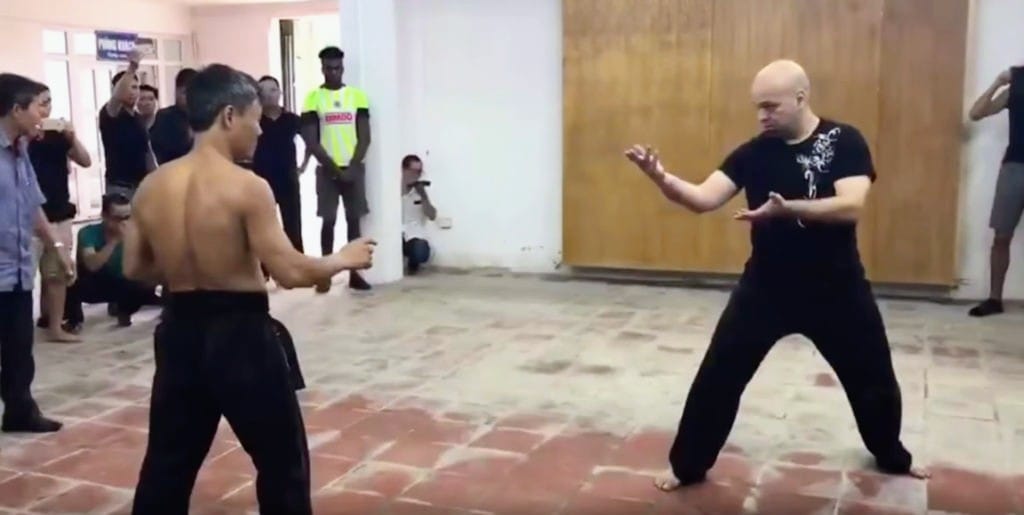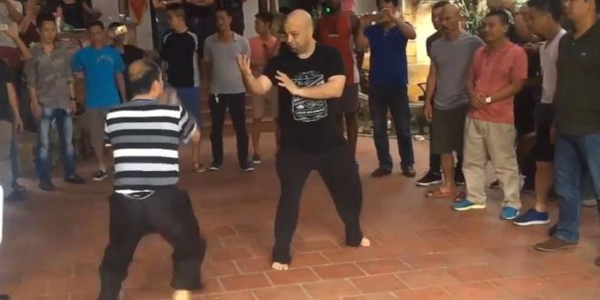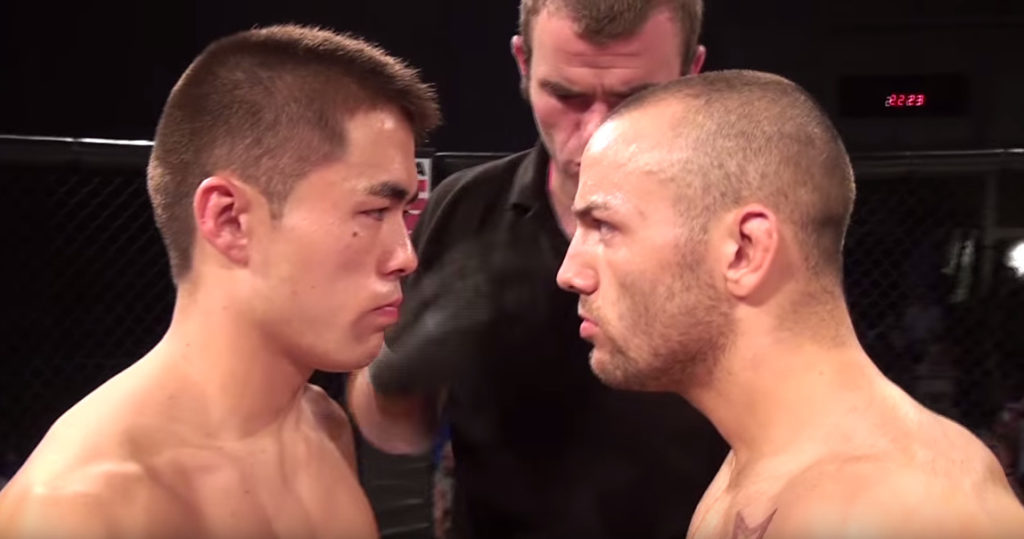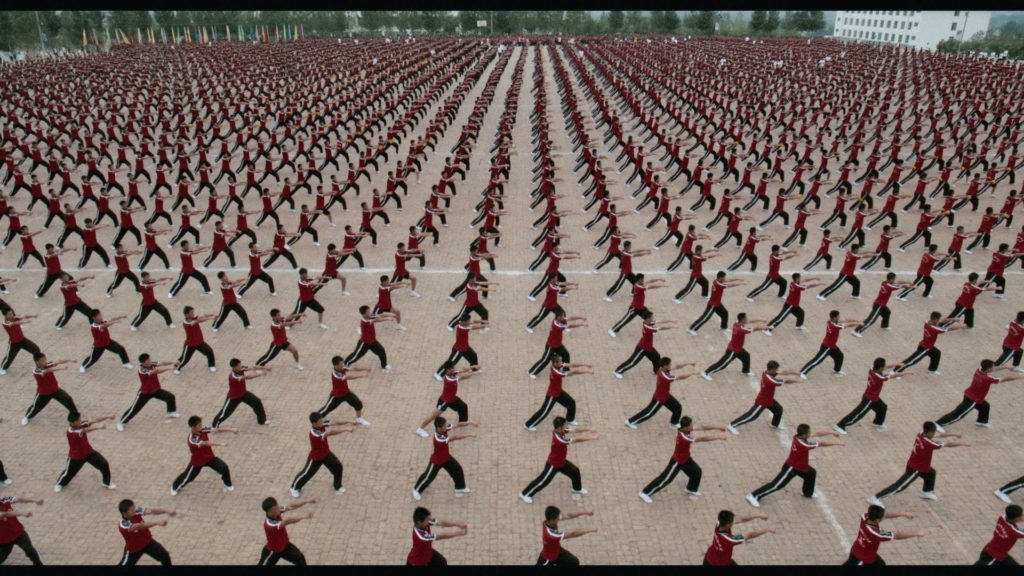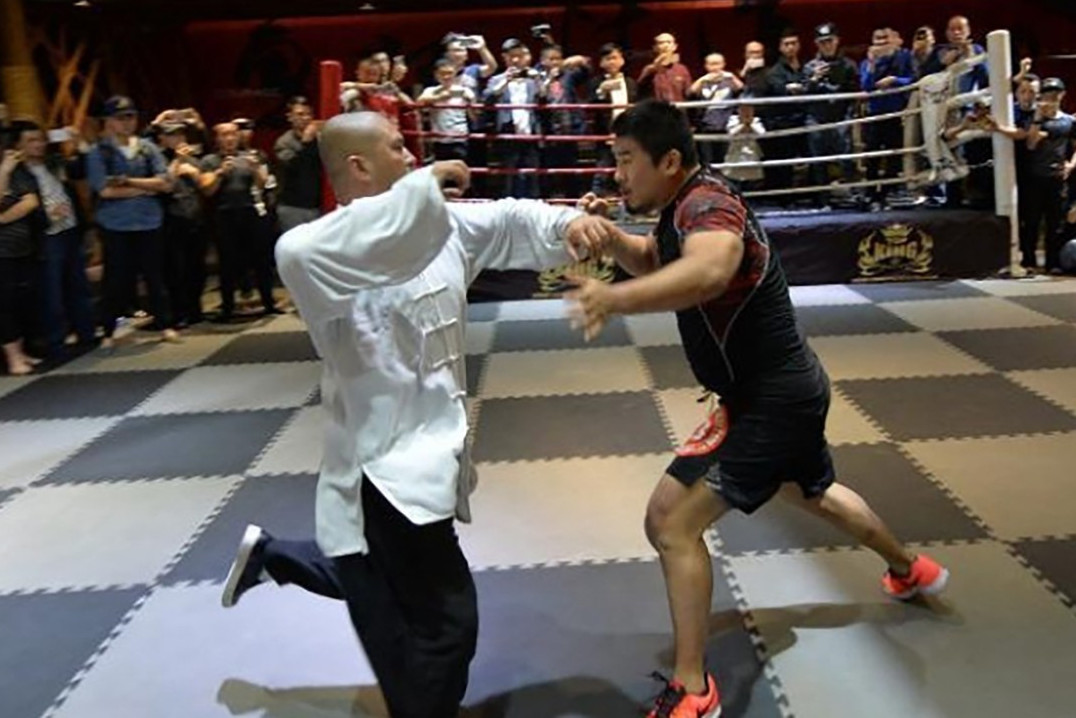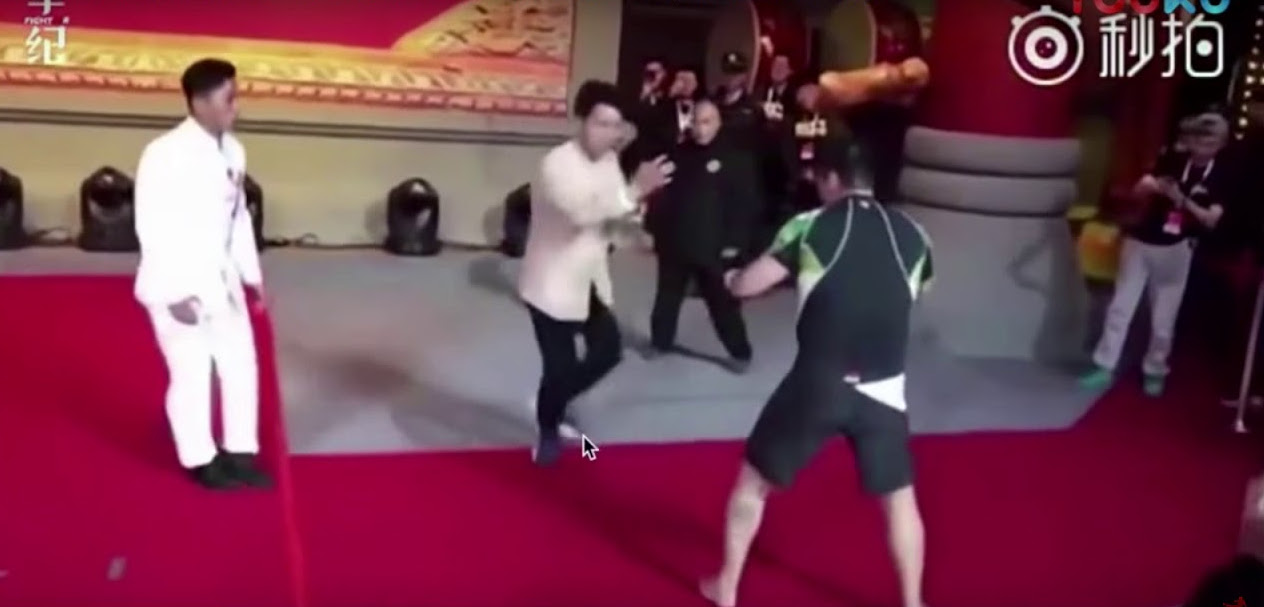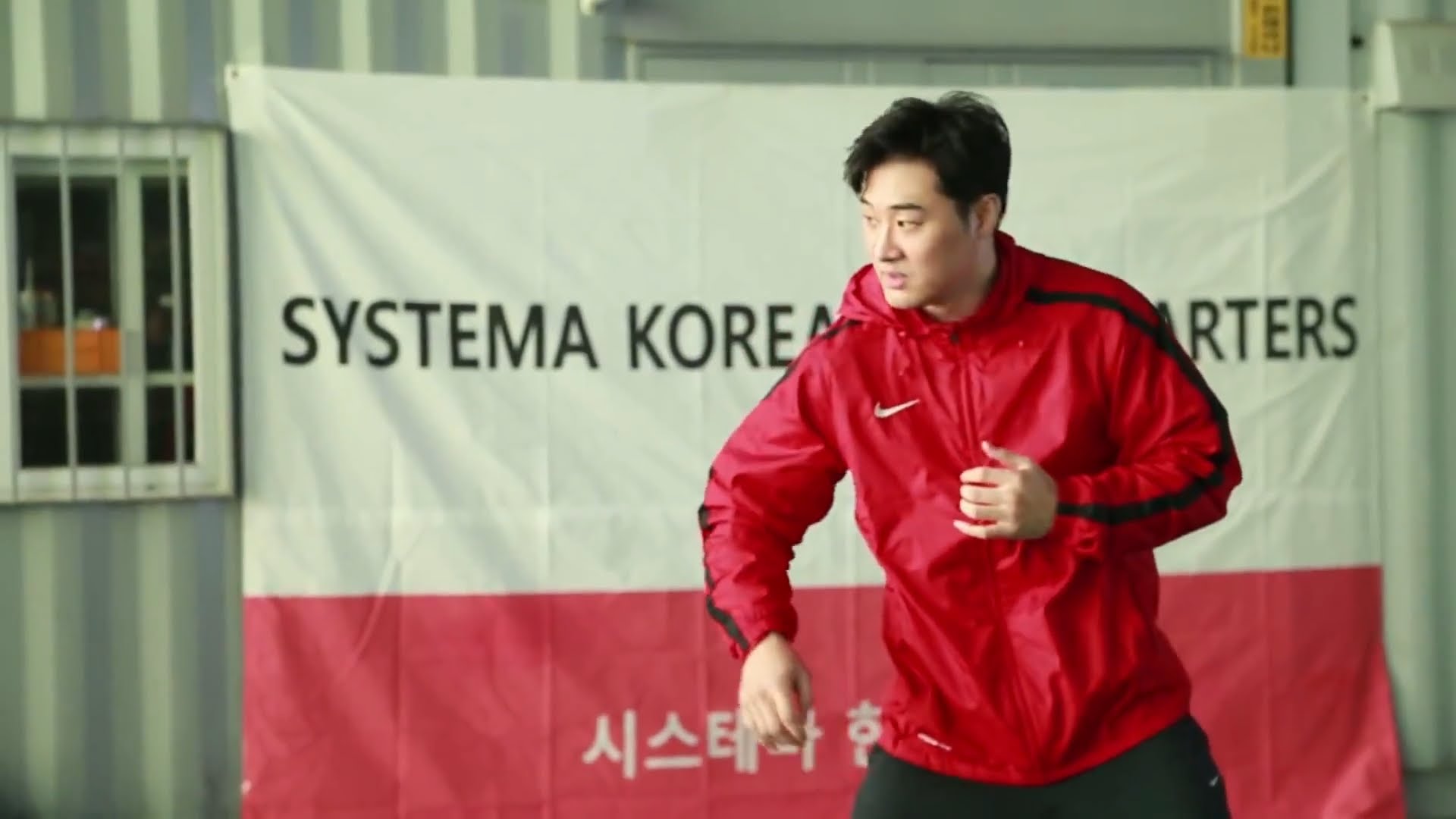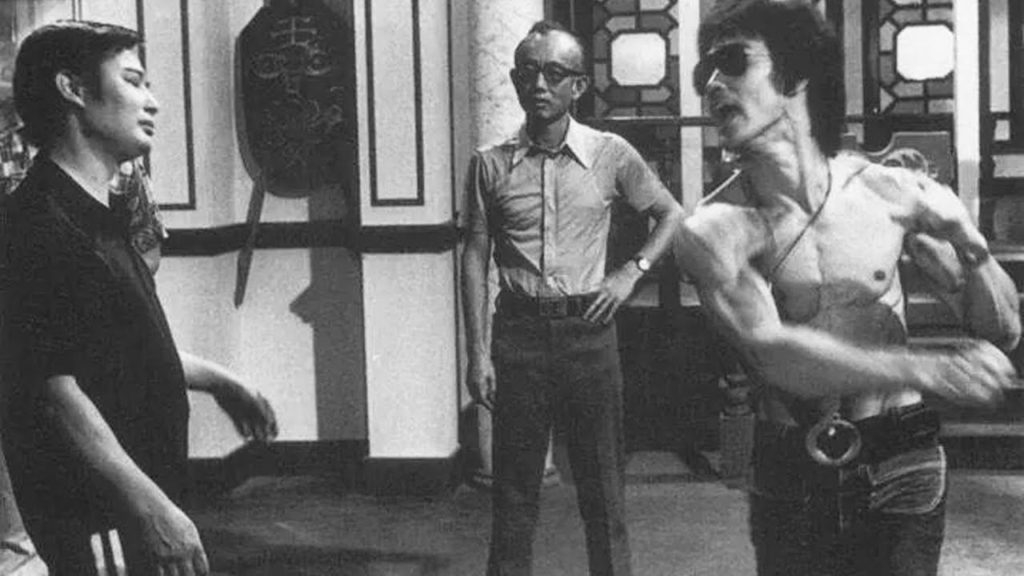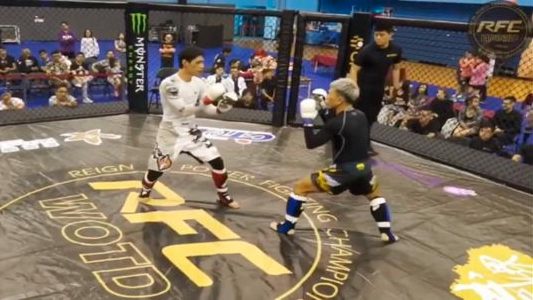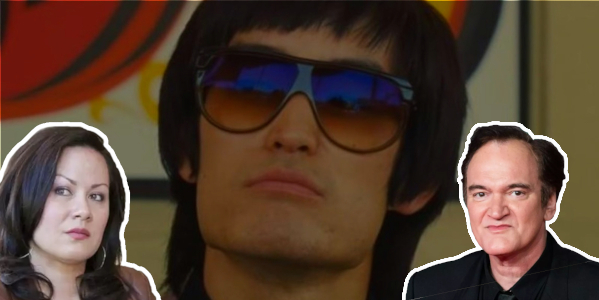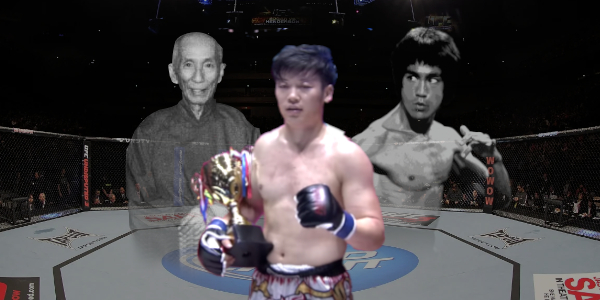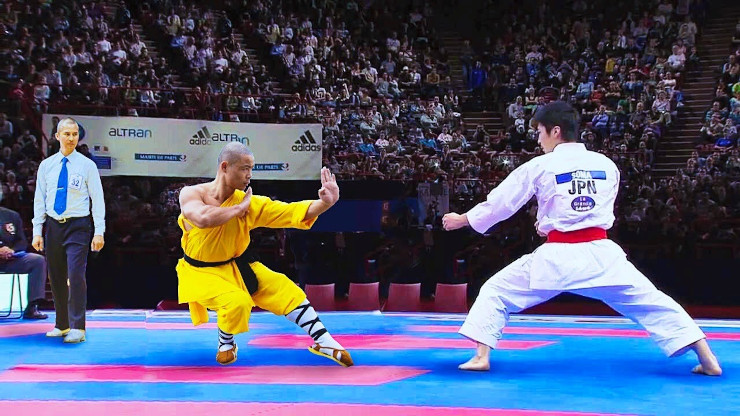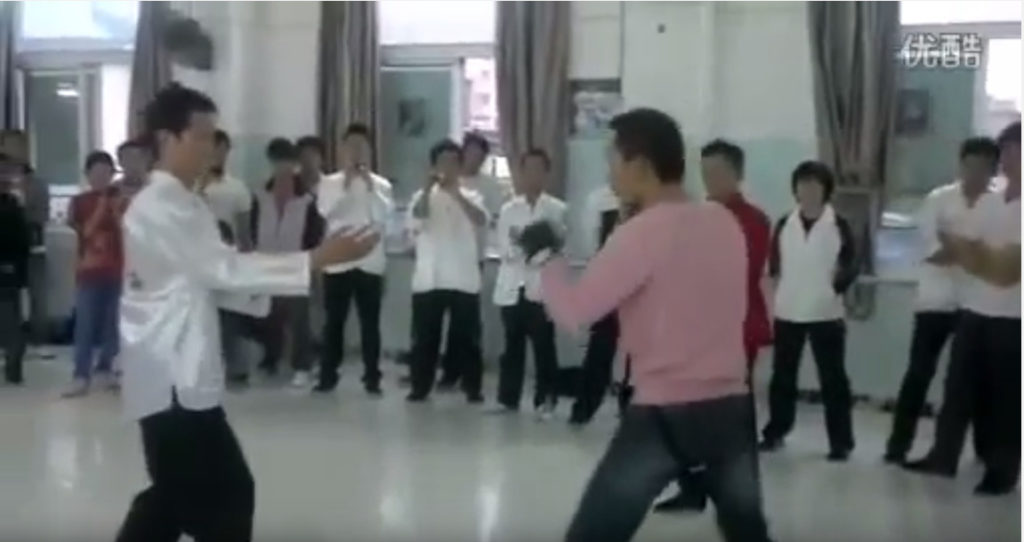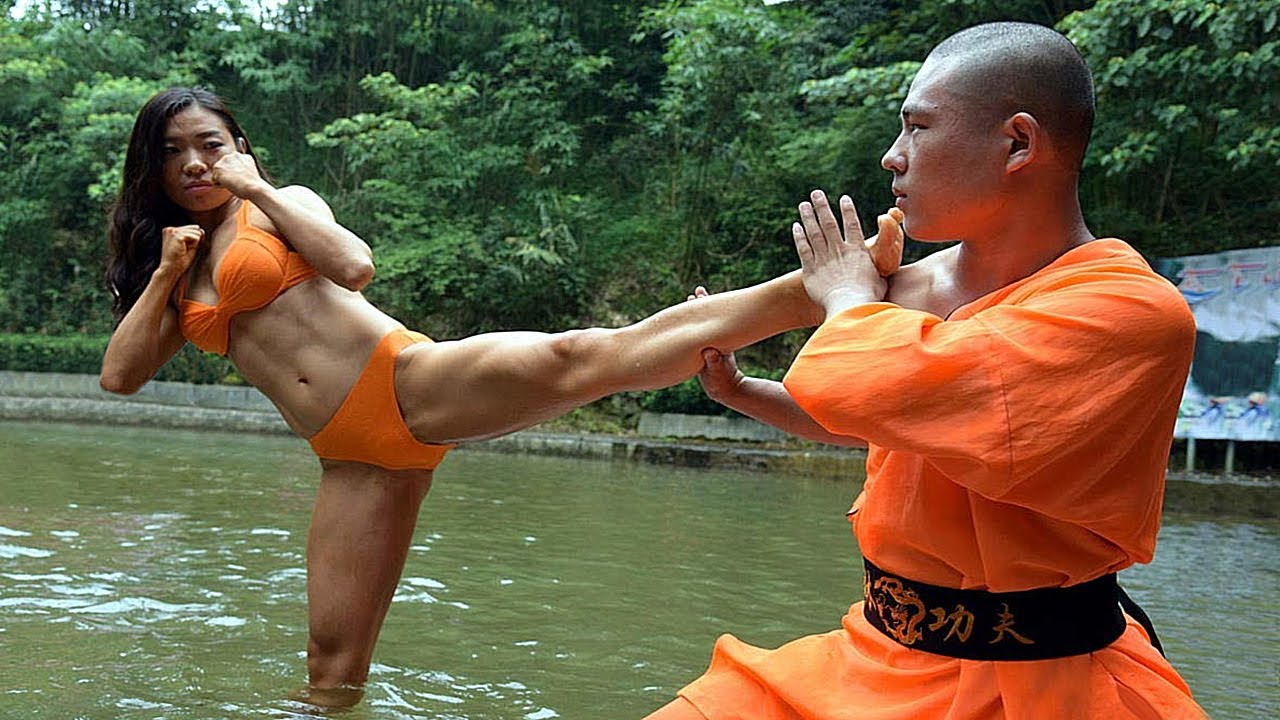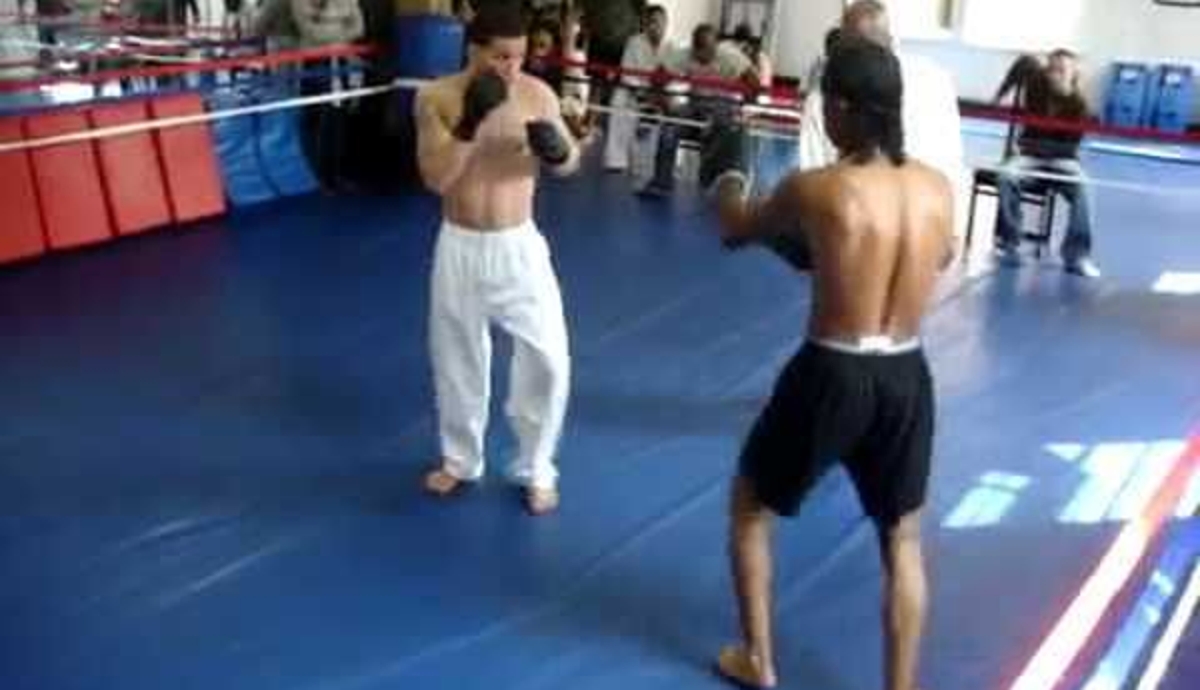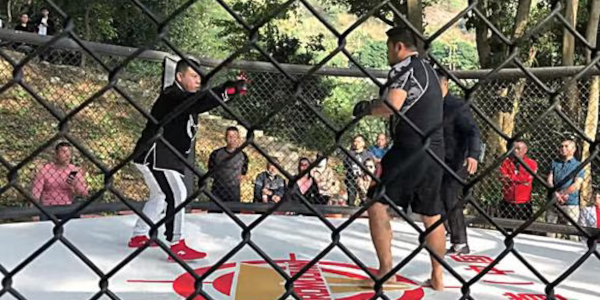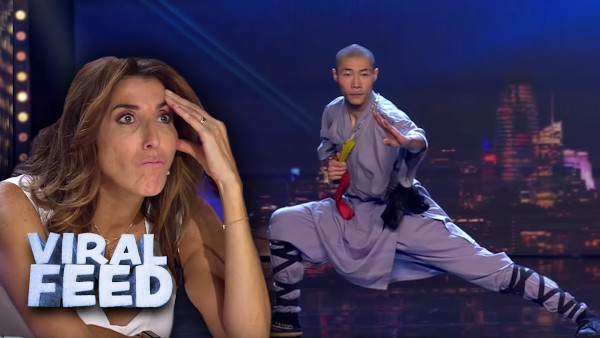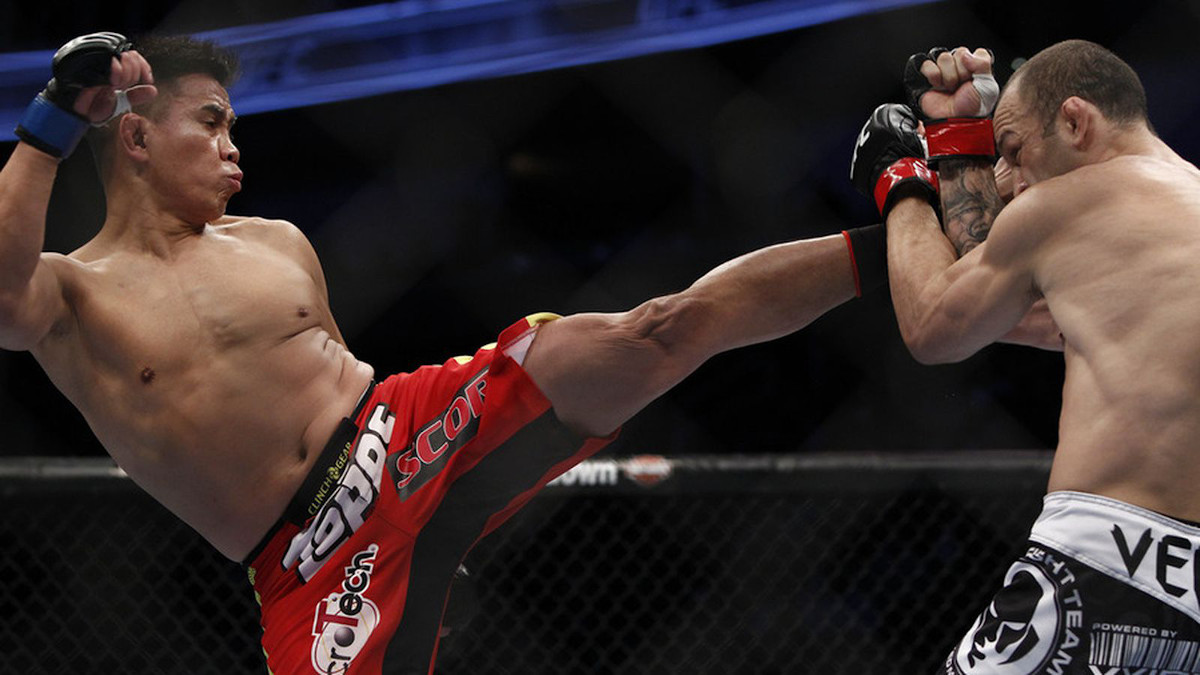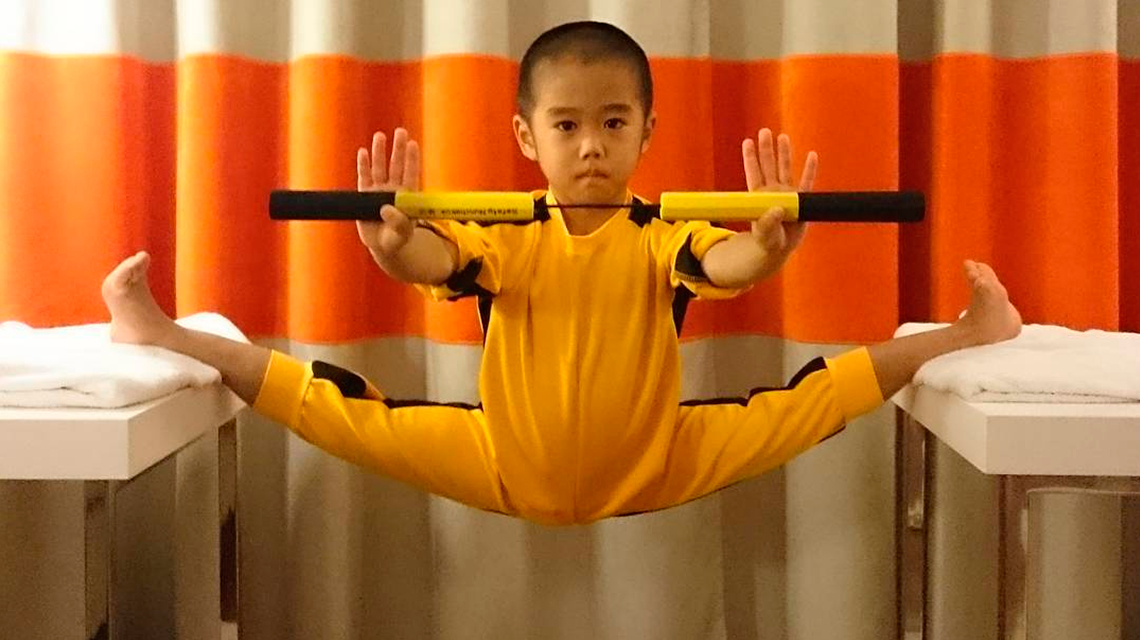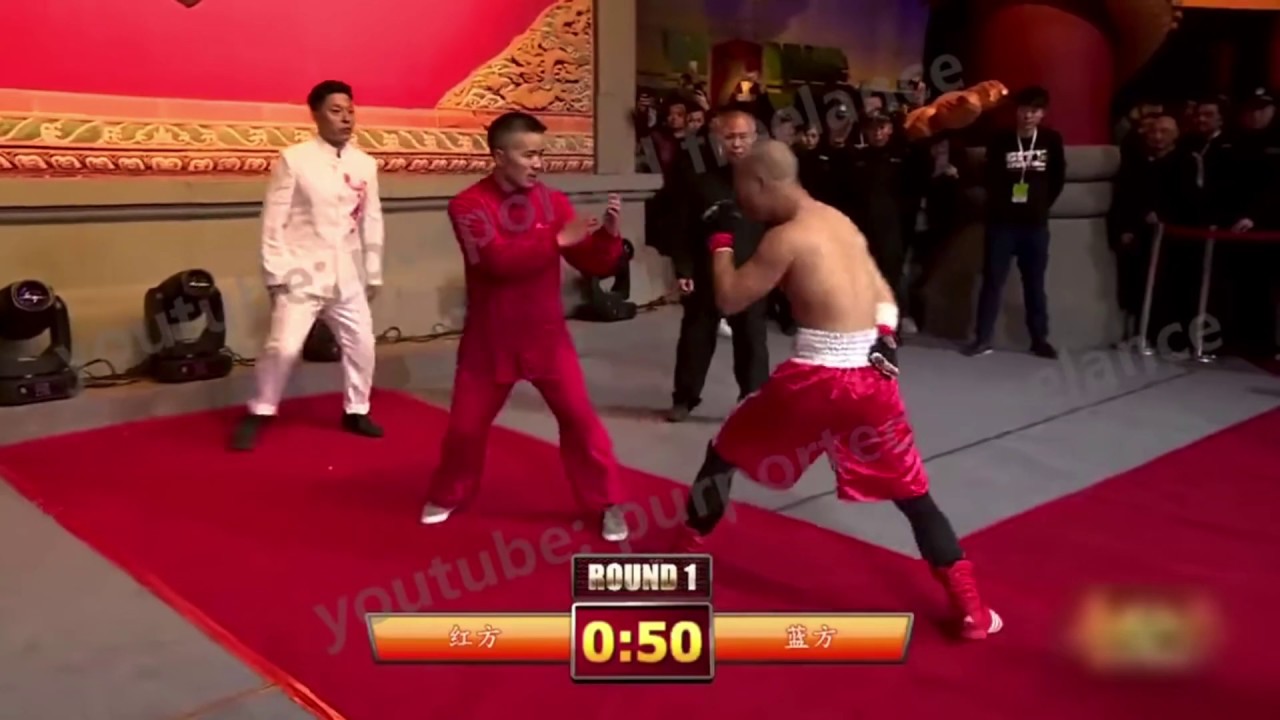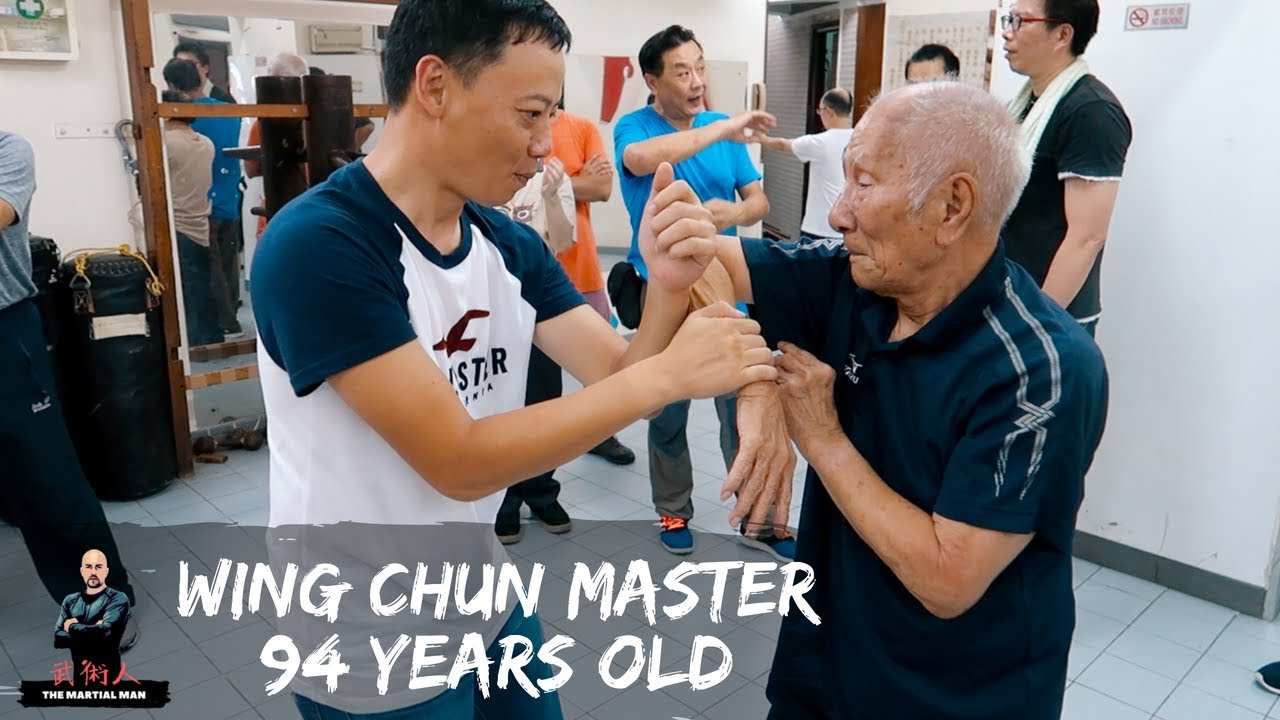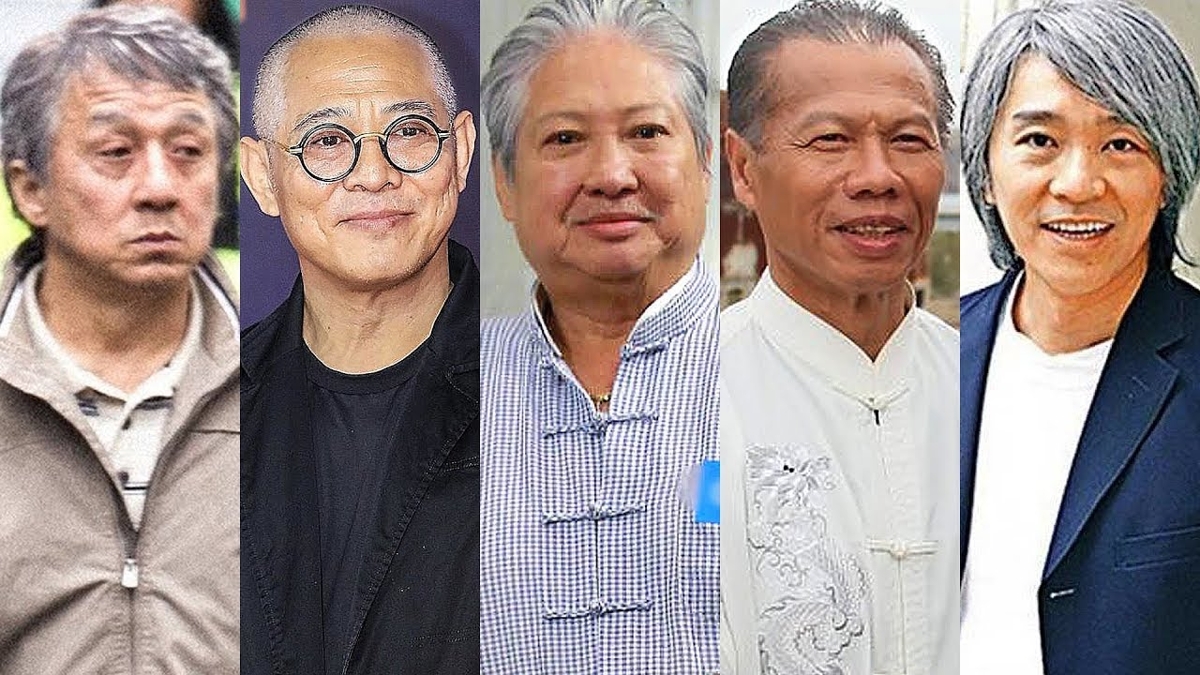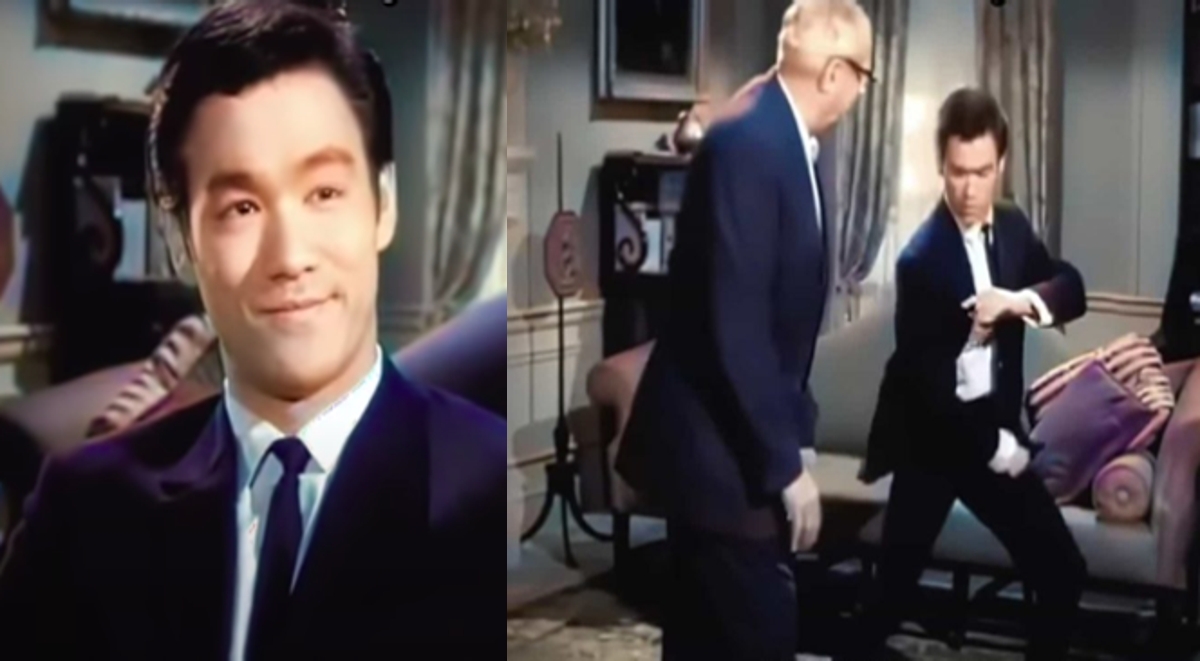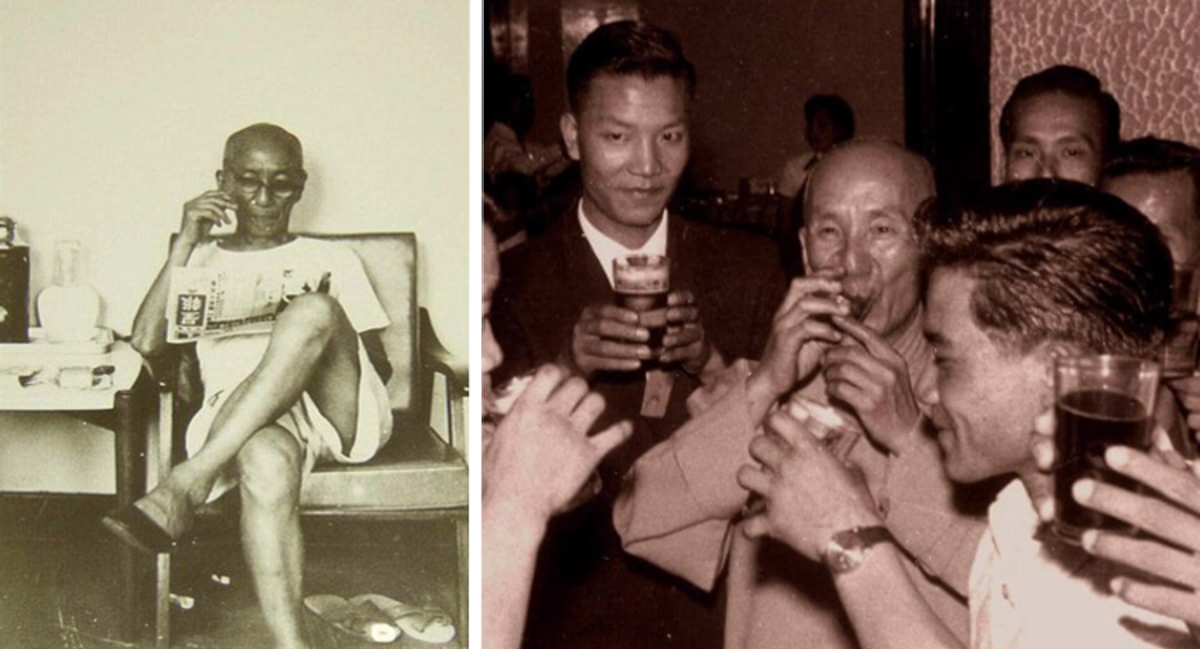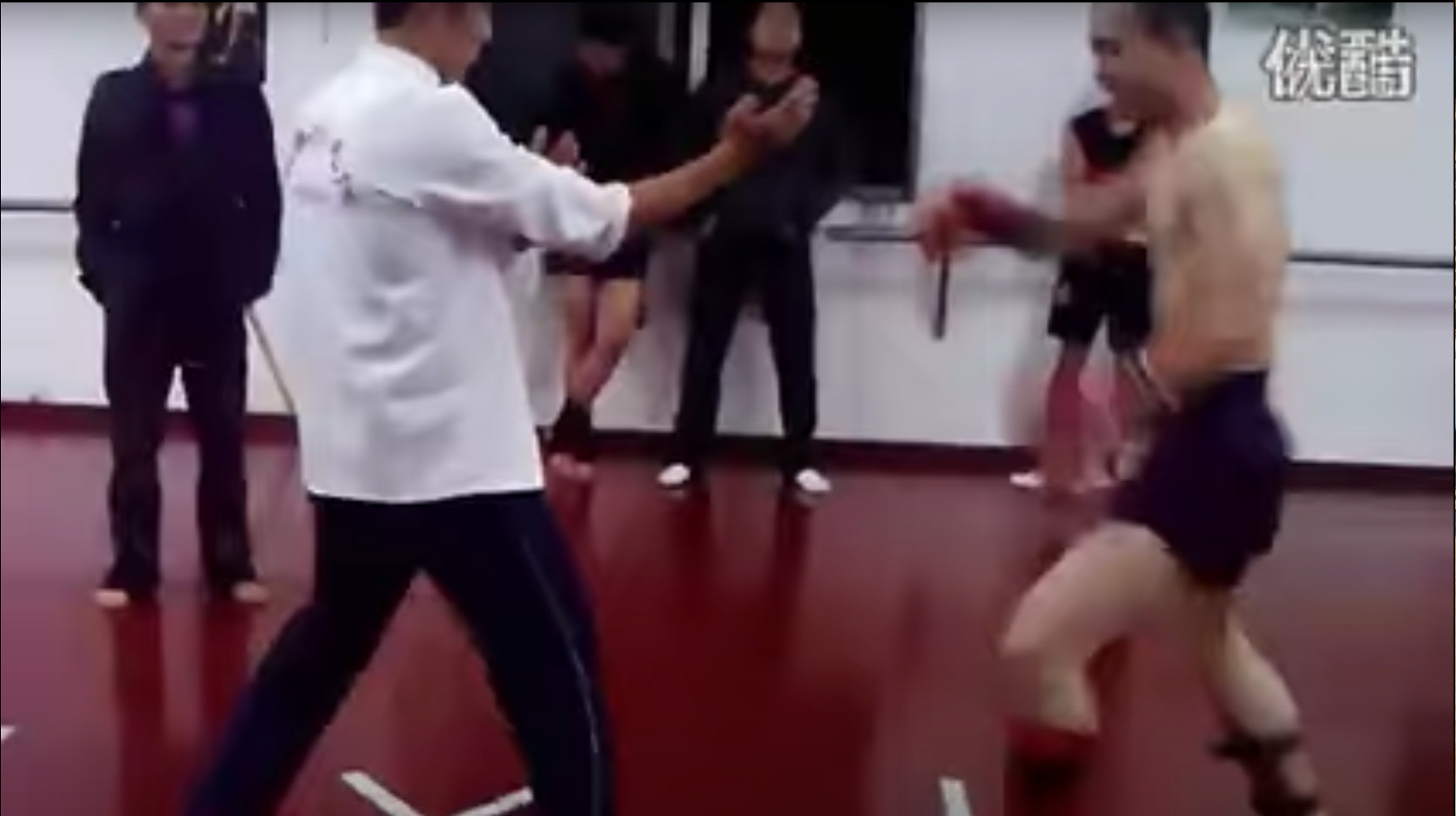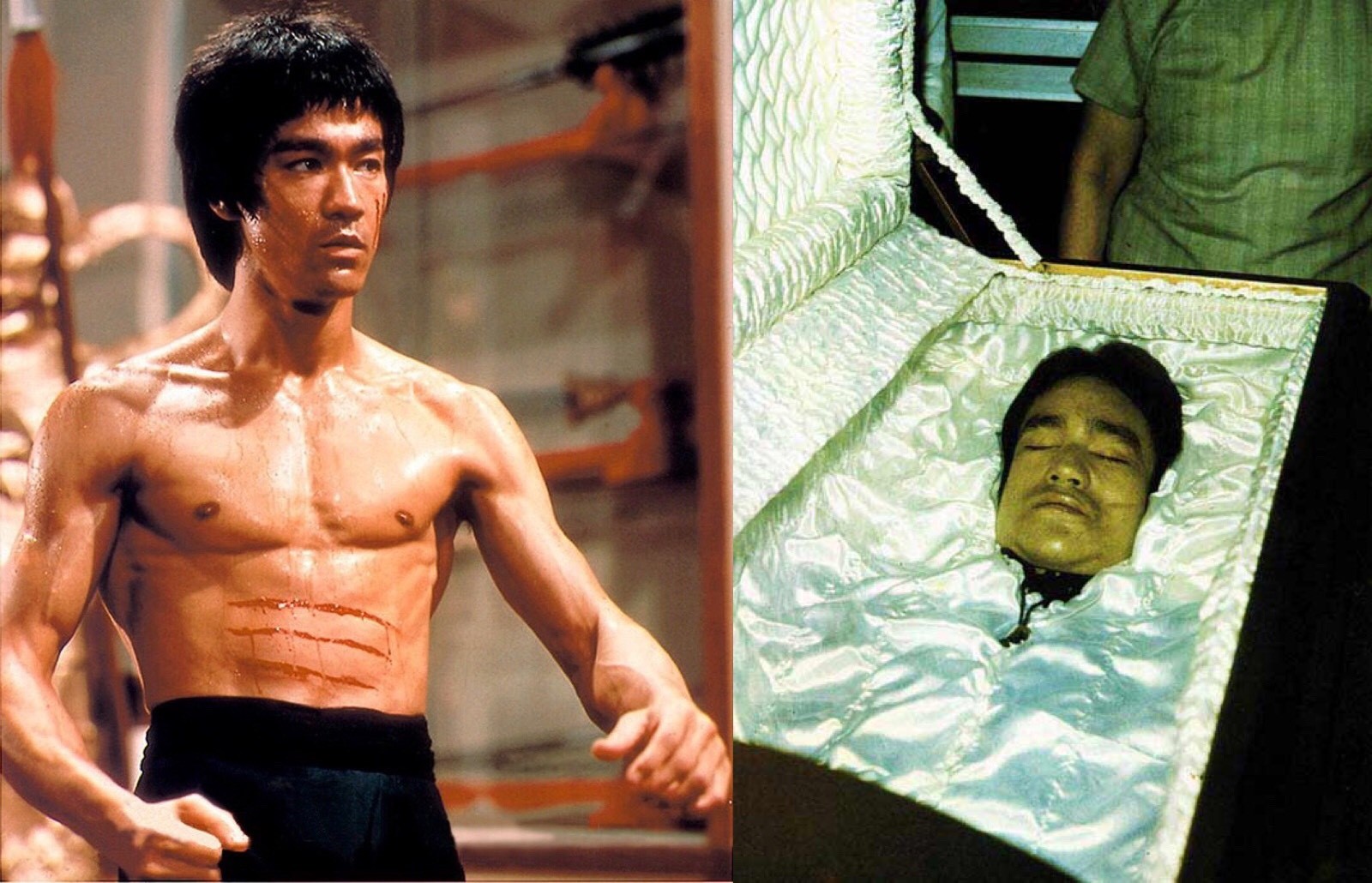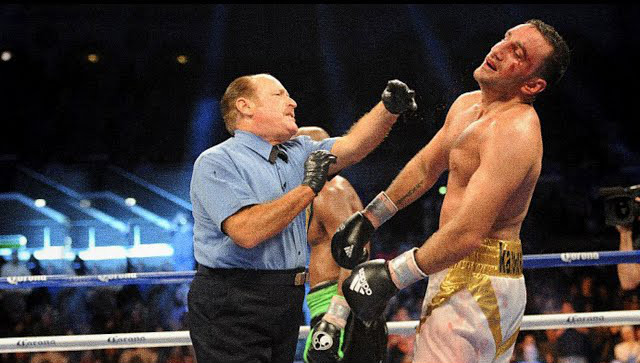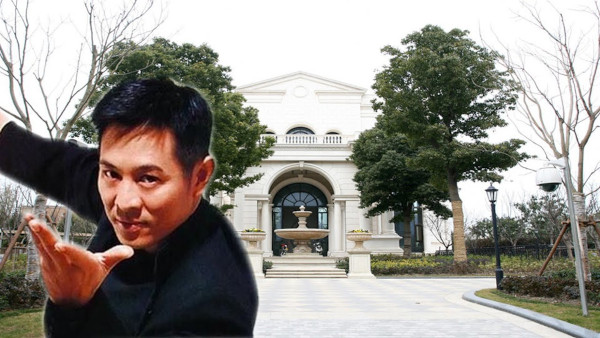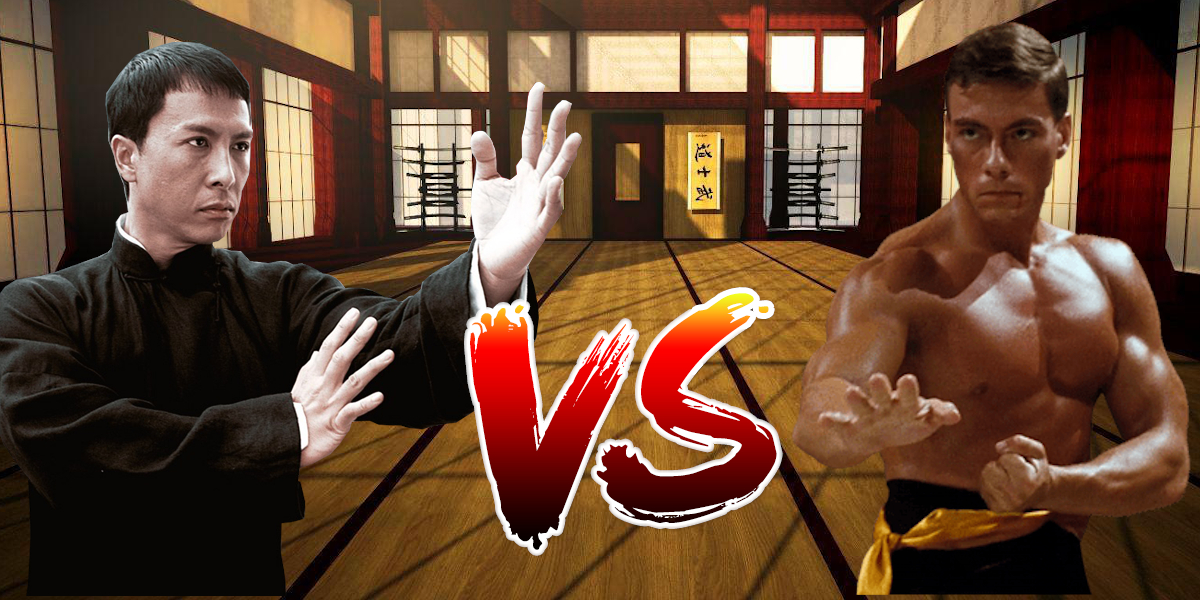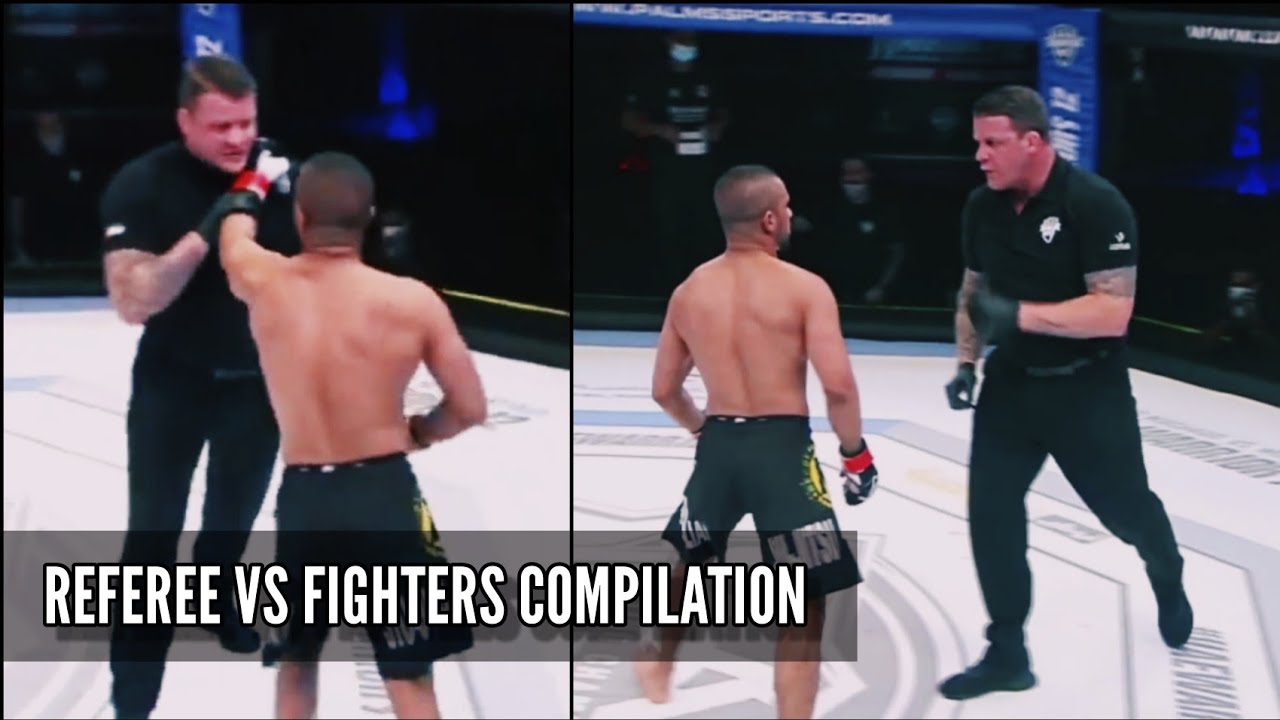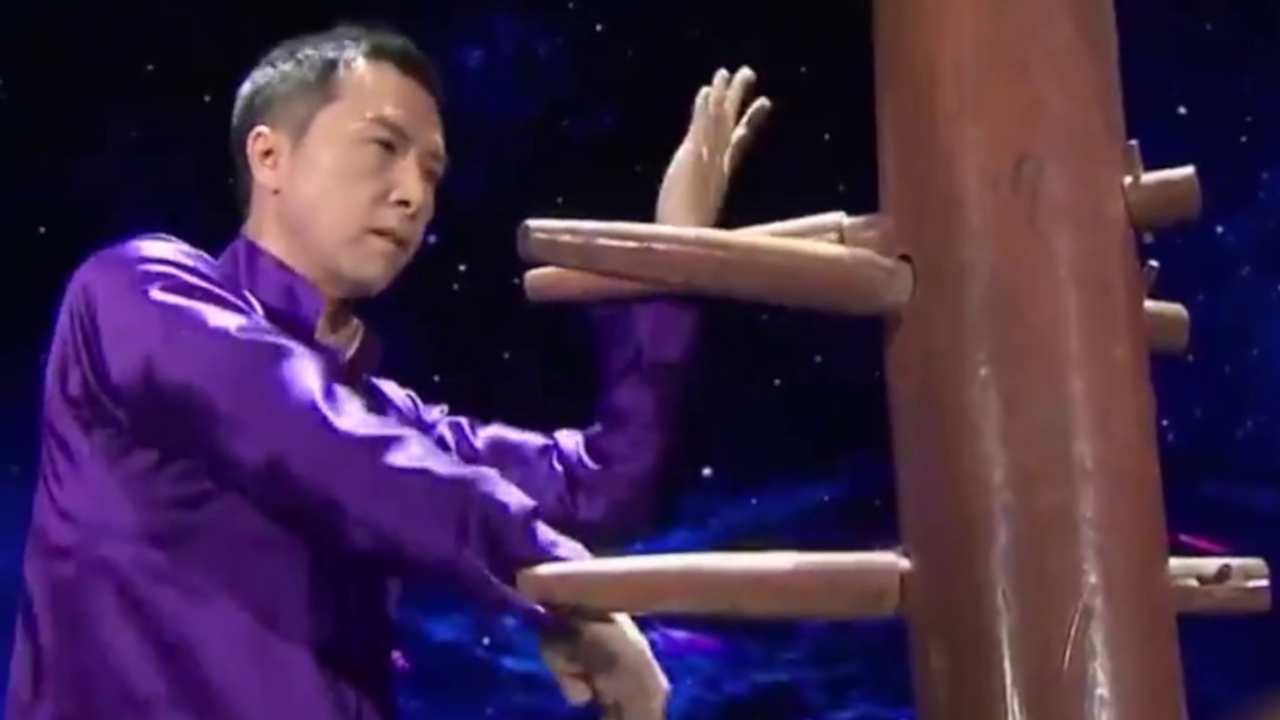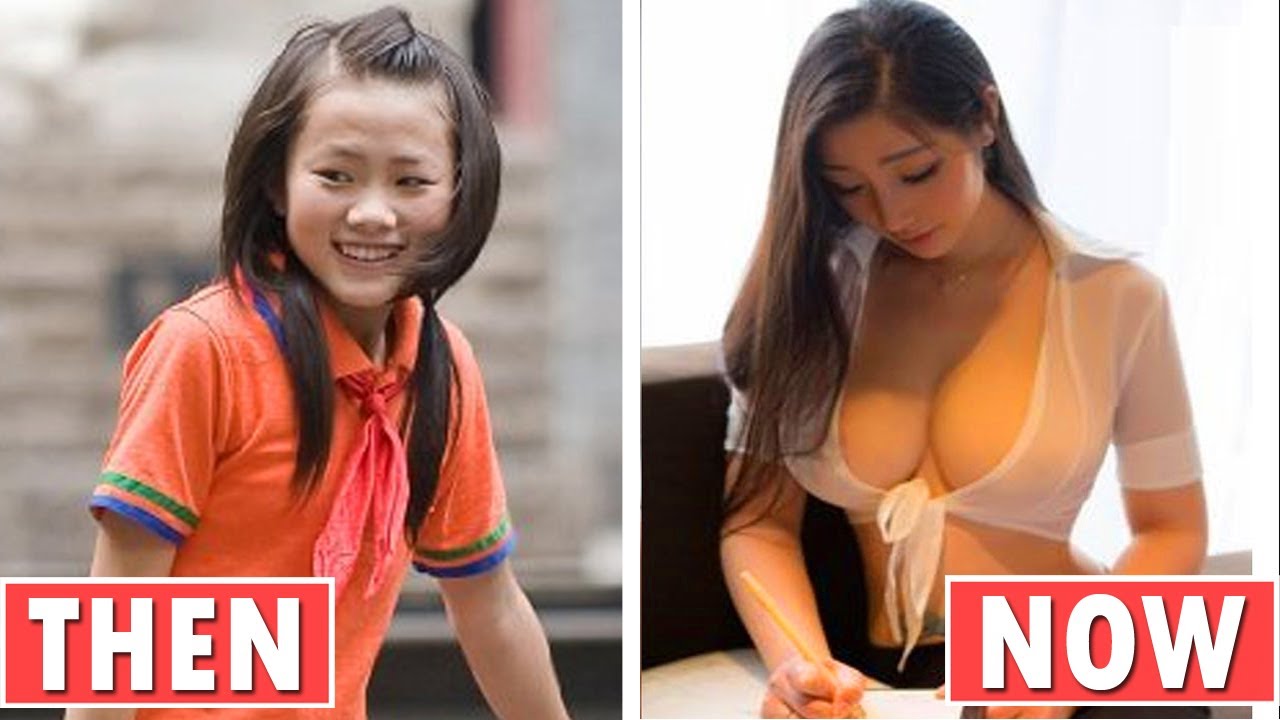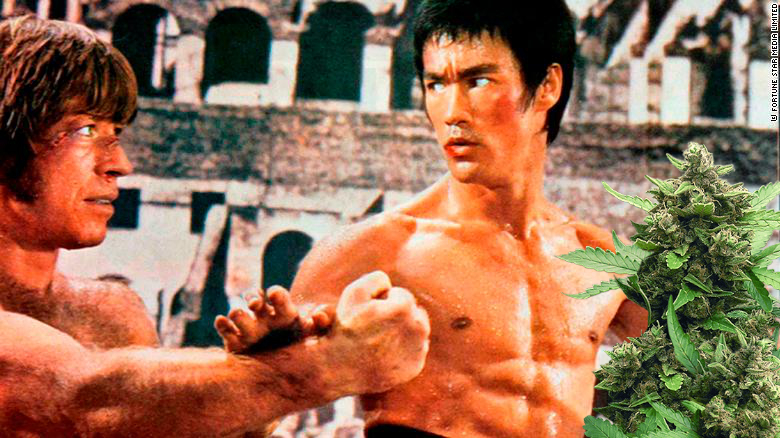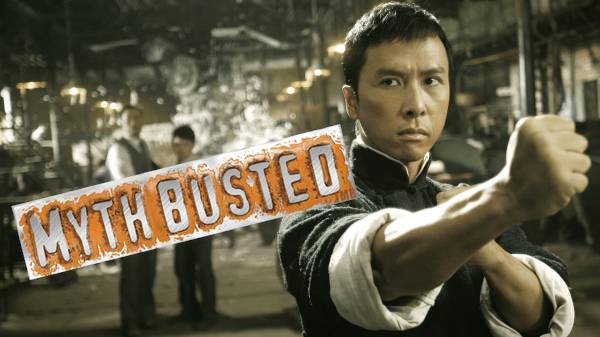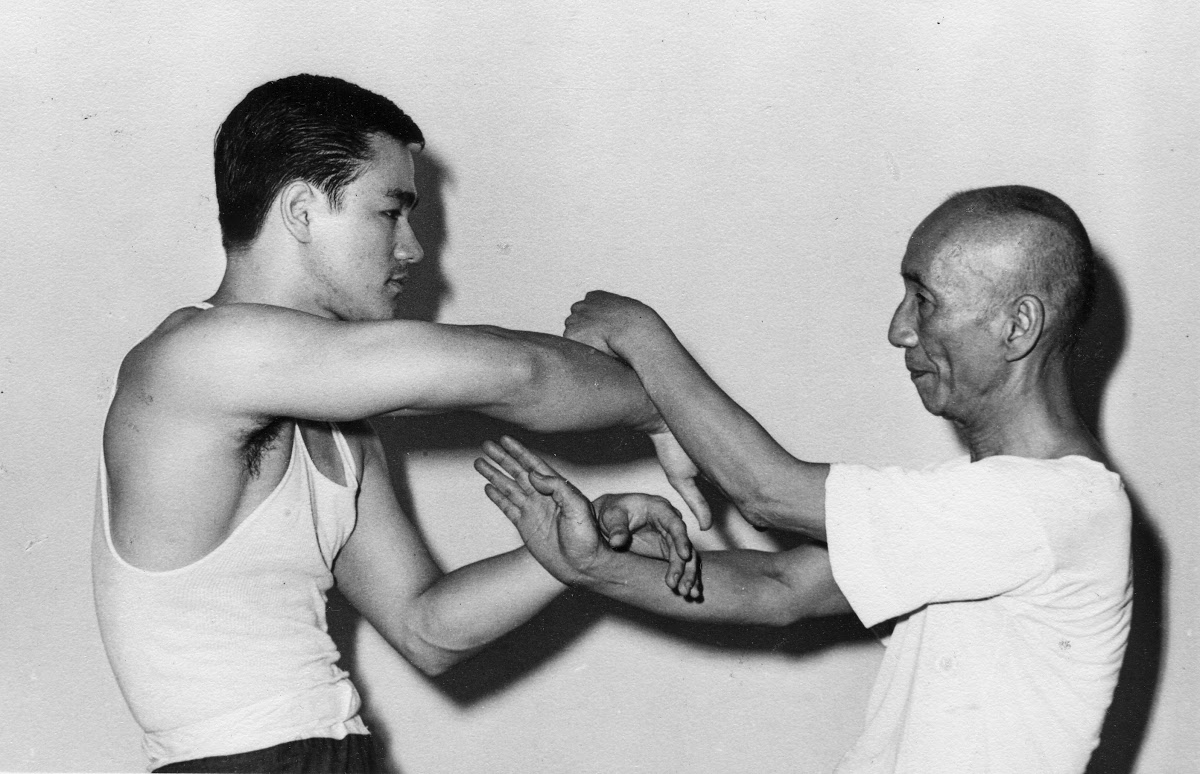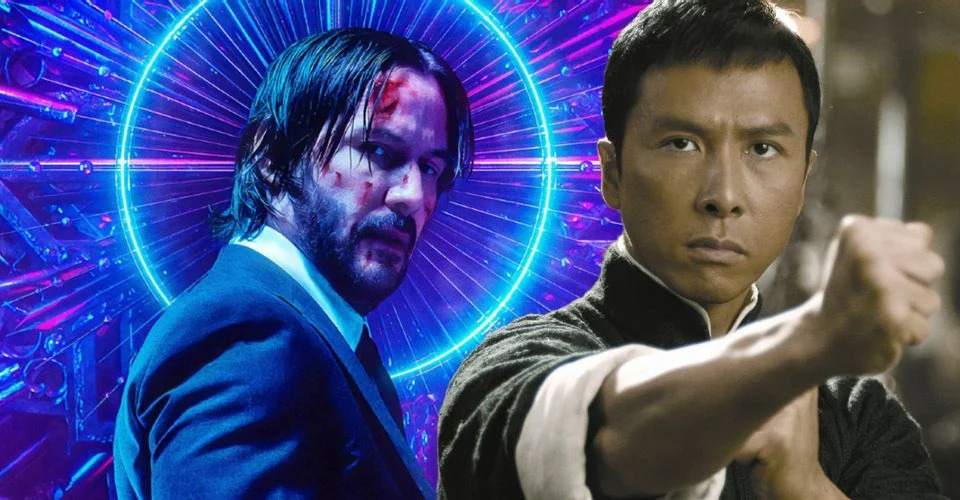Interview with Wong Shun Leung
Reading time: 1 minute
28/07/2016
Thank you to wongshunleungspain.org for this interview of SiFu Wong Shun Leung.
Q: When did you begin to teach? WSL: I began teaching as an assistant after three years at Yip Man’s school.
Q: How long has it been since you have you own school in Hong Kong? WSL: Since 1969.
Q: Before attending Yip Man’s school you did some boxing, didn’t you? WSL: Yes, I liked anything related to combat.
[caption id="attachment_83" align="alignleft" width="300"]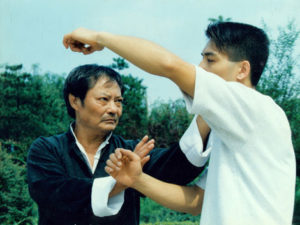 Wong Shun Leung[/caption] Q: Would you care to comment on any experiences you have had? WSL: Look, many journalists have asked me that same question. In the beginning, when I started doing seminars in Australia, a lot of people were more interested in my personal combat experiences than in Wing Chun proper.
It doesn’t matter who you fight, you don’t have to show how brave you are. It’s always possible that your opponent will be better than you think.
I never like to speak about such things. There are many people who, when they are old, speak about when they were young, and it’s always possible that what they may sayi is not entirely true. If what you have done is true, a lot of people already know that it is so. If I were to speak about the way I used to fight, it might seem that I am implying that I can no longer do so. If I can still fight, I don’t have to talk about my past.
Wong Shun Leung[/caption] Q: Would you care to comment on any experiences you have had? WSL: Look, many journalists have asked me that same question. In the beginning, when I started doing seminars in Australia, a lot of people were more interested in my personal combat experiences than in Wing Chun proper.
It doesn’t matter who you fight, you don’t have to show how brave you are. It’s always possible that your opponent will be better than you think.
I never like to speak about such things. There are many people who, when they are old, speak about when they were young, and it’s always possible that what they may sayi is not entirely true. If what you have done is true, a lot of people already know that it is so. If I were to speak about the way I used to fight, it might seem that I am implying that I can no longer do so. If I can still fight, I don’t have to talk about my past.
Q: You always say that you don’t consider Wing Chun an art. In that case, what is it for you? WSL: I consider it a skill.
Q: Then, as far as you are concerned, does the concept of martial art exist in relation to any system, Japanese Karate, Chinese Kung Fu, Indonesian Pencak Silat, etc? WSL: In a martial art, as in an art of war, if it is an art, nobody who will win or lose. Let us imagine two paintings by two different people; one part of the public will like one of them and another part of the public will like the other, but when it comes to combat they will never say that the person on the floor is the winner. Many people use martial art for demonstrations, which is not what it’s for; in that case it is a “danceâ€. The most you can say is that they are using an “energy†for that “danceâ€.
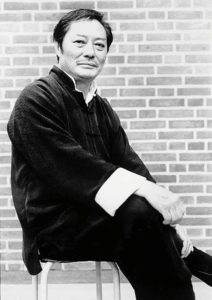 Q: What do you think about combat systems that have established themselves as sports and which at present belong in the real of sports competition? WSL: Let us take boxing, for example. In the old days they fought bare-fisted; later, certain rules were laid down, and finally gloves, wrappings and mouth guards, etc., were introduced. In Full Contact they wear gloves and protective equipment and there are a set of rules regarding what you are allowed and not allowed to do. In a situation like that, one is fighting for points; it is a game. This way of fighting is not total, because many techniques have to be modified to adapt them to the rules. One would have to find a martial art in which the techniques were “adapted†to that sport.
All these combat forms follow the way of sports. If we take the example of two people racing against each other, one wins and one loses, but within a clean confrontation in which one does not cheat the opponent. But in real fighting you have to cheat.
You may learn a martial art and practise it all your life, but that doesn’t mean you are going to have the opportunity of using it for real. In a ring you do have to fight, but you are relying on rules and protective equipment.
Throughout all my years of teaching experience, I’ve met many people who only wanted to fight before practising Wing Chun, but as time went on their attitude changed. As they became more advanced in the art, they looked at combat from another point of view.
Q: What do you think about combat systems that have established themselves as sports and which at present belong in the real of sports competition? WSL: Let us take boxing, for example. In the old days they fought bare-fisted; later, certain rules were laid down, and finally gloves, wrappings and mouth guards, etc., were introduced. In Full Contact they wear gloves and protective equipment and there are a set of rules regarding what you are allowed and not allowed to do. In a situation like that, one is fighting for points; it is a game. This way of fighting is not total, because many techniques have to be modified to adapt them to the rules. One would have to find a martial art in which the techniques were “adapted†to that sport.
All these combat forms follow the way of sports. If we take the example of two people racing against each other, one wins and one loses, but within a clean confrontation in which one does not cheat the opponent. But in real fighting you have to cheat.
You may learn a martial art and practise it all your life, but that doesn’t mean you are going to have the opportunity of using it for real. In a ring you do have to fight, but you are relying on rules and protective equipment.
Throughout all my years of teaching experience, I’ve met many people who only wanted to fight before practising Wing Chun, but as time went on their attitude changed. As they became more advanced in the art, they looked at combat from another point of view.
Q: Are illegal closed-door or street fights between different Kung Fu schools popular in Hong Kong? Do you believe an instructor should encourage his students to take part in them? WSL: Look, if you have a student who doesn’t wish to do it, you shouldn’t force him to, but if, on the other hand, he likes to fight, he will even if you tell him not to. All you can do is give him advice.
Q: Nino is your representative in Europe. Do you have representatives elsewhere? WSL: I have students in other countries (USA, Australia, etc.) and some of them have set up associations. What we would like to do now is to unite all these associations and establish a world-wide association.
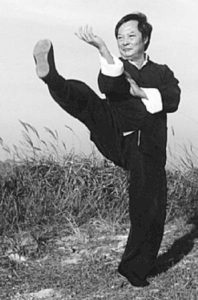 Q: Are you satisfied with the process you are carrying out with Wing Chun? WSL: In the begining Wing Chun was not very well known in Hong Kong, and the existence of Wing Chun is known throughout the world mainly thanks to Bruce Lee and his work.
If a martial art isn’t logical and functional, you cannot promote it as a fighting system.
Long ago there were nations which no longer exist; likewise, when something is useless it will disappear in time. Wing Chun is becoming increasingly well known all over the world.
Q: Are you satisfied with the process you are carrying out with Wing Chun? WSL: In the begining Wing Chun was not very well known in Hong Kong, and the existence of Wing Chun is known throughout the world mainly thanks to Bruce Lee and his work.
If a martial art isn’t logical and functional, you cannot promote it as a fighting system.
Long ago there were nations which no longer exist; likewise, when something is useless it will disappear in time. Wing Chun is becoming increasingly well known all over the world.
Q: Do you think Yip Man would be proud of how Wing Chun has evolved since his death? WSL: That’s a very difficult question to answer. I am sure that if all of China practised Wing Chun he would be very happy. Yip Man had his own way of seeing things; if he were alive today he probably would have changed his views. Perhaps he would have been speaking with us here right now.
Q: How do you feel when you go onto the seminar circuit and arrive in a country in which you have never been before and discover that there are people there who practice your branch of Wing Chun? WSL: I feel very satisfied because that proves that I am successful to a degree. But in actual fact, if Wing Chun is practised in a country that I have never gone to, it is thanks to my students. Remember that if you have 100 or 500 students, that means 100 or 500 people who trust you.
[caption id="attachment_14" align="aligncenter" width="665"]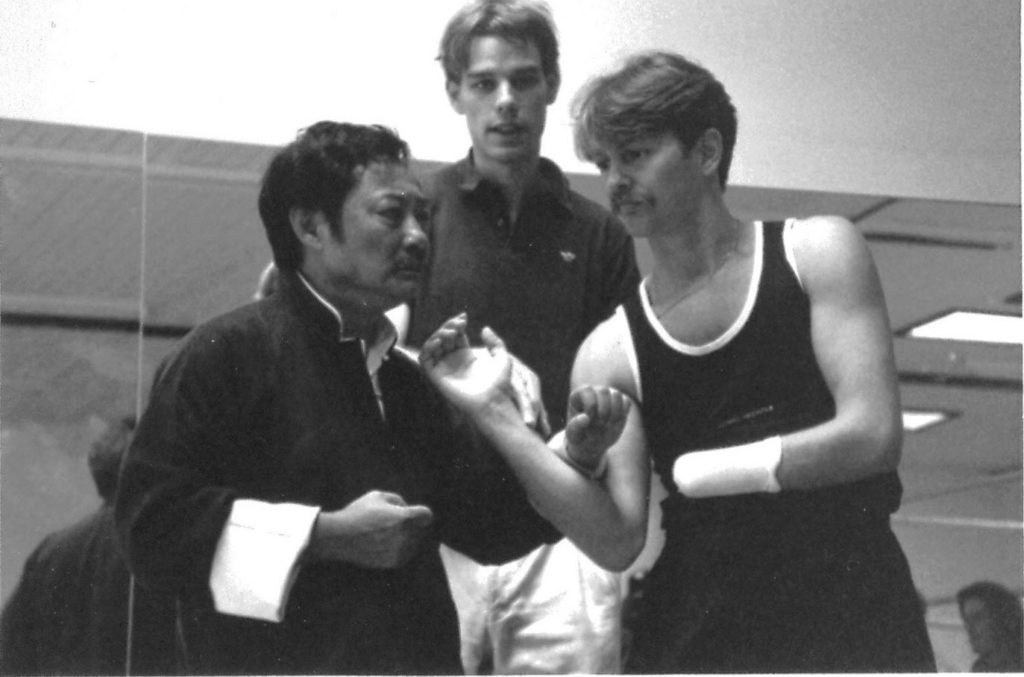 Wong Shun Leung with Philipp Bayer[/caption] Q: In order to better understand the art itself, how important are the concepts of student, Si-fu, Si-kung, etc, in the teacher-student relationship? WSL: We have to shape people’s culture and work as hard as possible to educate then and develop a commitment between students and instructors. This is a theory I learned in Wing Chun. I ate and drank with my Si-fu, sometimes he would invite me to smoke his cigarrettes, we were good friends, but never, not even now after his death, did I call him by his name. In China families respect parents and ancestors very much, but they never call them by their name, only in a referential manner.
Wong Shun Leung with Philipp Bayer[/caption] Q: In order to better understand the art itself, how important are the concepts of student, Si-fu, Si-kung, etc, in the teacher-student relationship? WSL: We have to shape people’s culture and work as hard as possible to educate then and develop a commitment between students and instructors. This is a theory I learned in Wing Chun. I ate and drank with my Si-fu, sometimes he would invite me to smoke his cigarrettes, we were good friends, but never, not even now after his death, did I call him by his name. In China families respect parents and ancestors very much, but they never call them by their name, only in a referential manner.
Q: This is the second time you’ve come to Spain. What did you think of the seminar? WSL: I don’t think I’m the one who should answer that question. The people who attended the seminar are the ones who should give their opinion. We have no doubt that those who attended the seminar are completely satisfied, just like we are. We expect to have you amongst us again soon.
The Interview
Q: What really attracted you to Wing Chun enough to make you take it up? WSL: It all started because my father had friends who practised it; one of them was Chao Chin Wah (Chan Wah Sun), whom he had seen fight. I didn’t believe in Wing Chun in the beginning. The first day I went to Yip Man’s school I ended up fighting with him; I was seventeen years old at the time and Yip Man was over fifty, and I was forced to admit without a doubt that he had defeated me. What surprised me the most was the efficiency with which he did so. I knew that what I was practising at Yip Man’s school was Wing Chun, but I didn’t relate it to the system that my father had told me that Chao Chin Wah practised. I was aware that Yip Man was from Fatshan, the same as Chao Chin Wah and Leung Jan. Shortly after joining his school I asked him if he had heard about these two men and the system they practised, as my father had told me that they were very good fighters. Yip Man’s answer was: “They practise this very same art, you idiot!â€Q: When did you begin to teach? WSL: I began teaching as an assistant after three years at Yip Man’s school.
Q: How long has it been since you have you own school in Hong Kong? WSL: Since 1969.
Q: Before attending Yip Man’s school you did some boxing, didn’t you? WSL: Yes, I liked anything related to combat.
[caption id="attachment_83" align="alignleft" width="300"]
 Wong Shun Leung[/caption] Q: Would you care to comment on any experiences you have had? WSL: Look, many journalists have asked me that same question. In the beginning, when I started doing seminars in Australia, a lot of people were more interested in my personal combat experiences than in Wing Chun proper.
It doesn’t matter who you fight, you don’t have to show how brave you are. It’s always possible that your opponent will be better than you think.
I never like to speak about such things. There are many people who, when they are old, speak about when they were young, and it’s always possible that what they may sayi is not entirely true. If what you have done is true, a lot of people already know that it is so. If I were to speak about the way I used to fight, it might seem that I am implying that I can no longer do so. If I can still fight, I don’t have to talk about my past.
Wong Shun Leung[/caption] Q: Would you care to comment on any experiences you have had? WSL: Look, many journalists have asked me that same question. In the beginning, when I started doing seminars in Australia, a lot of people were more interested in my personal combat experiences than in Wing Chun proper.
It doesn’t matter who you fight, you don’t have to show how brave you are. It’s always possible that your opponent will be better than you think.
I never like to speak about such things. There are many people who, when they are old, speak about when they were young, and it’s always possible that what they may sayi is not entirely true. If what you have done is true, a lot of people already know that it is so. If I were to speak about the way I used to fight, it might seem that I am implying that I can no longer do so. If I can still fight, I don’t have to talk about my past. Q: You always say that you don’t consider Wing Chun an art. In that case, what is it for you? WSL: I consider it a skill.
Q: Then, as far as you are concerned, does the concept of martial art exist in relation to any system, Japanese Karate, Chinese Kung Fu, Indonesian Pencak Silat, etc? WSL: In a martial art, as in an art of war, if it is an art, nobody who will win or lose. Let us imagine two paintings by two different people; one part of the public will like one of them and another part of the public will like the other, but when it comes to combat they will never say that the person on the floor is the winner. Many people use martial art for demonstrations, which is not what it’s for; in that case it is a “danceâ€. The most you can say is that they are using an “energy†for that “danceâ€.
 Q: What do you think about combat systems that have established themselves as sports and which at present belong in the real of sports competition? WSL: Let us take boxing, for example. In the old days they fought bare-fisted; later, certain rules were laid down, and finally gloves, wrappings and mouth guards, etc., were introduced. In Full Contact they wear gloves and protective equipment and there are a set of rules regarding what you are allowed and not allowed to do. In a situation like that, one is fighting for points; it is a game. This way of fighting is not total, because many techniques have to be modified to adapt them to the rules. One would have to find a martial art in which the techniques were “adapted†to that sport.
All these combat forms follow the way of sports. If we take the example of two people racing against each other, one wins and one loses, but within a clean confrontation in which one does not cheat the opponent. But in real fighting you have to cheat.
You may learn a martial art and practise it all your life, but that doesn’t mean you are going to have the opportunity of using it for real. In a ring you do have to fight, but you are relying on rules and protective equipment.
Throughout all my years of teaching experience, I’ve met many people who only wanted to fight before practising Wing Chun, but as time went on their attitude changed. As they became more advanced in the art, they looked at combat from another point of view.
Q: What do you think about combat systems that have established themselves as sports and which at present belong in the real of sports competition? WSL: Let us take boxing, for example. In the old days they fought bare-fisted; later, certain rules were laid down, and finally gloves, wrappings and mouth guards, etc., were introduced. In Full Contact they wear gloves and protective equipment and there are a set of rules regarding what you are allowed and not allowed to do. In a situation like that, one is fighting for points; it is a game. This way of fighting is not total, because many techniques have to be modified to adapt them to the rules. One would have to find a martial art in which the techniques were “adapted†to that sport.
All these combat forms follow the way of sports. If we take the example of two people racing against each other, one wins and one loses, but within a clean confrontation in which one does not cheat the opponent. But in real fighting you have to cheat.
You may learn a martial art and practise it all your life, but that doesn’t mean you are going to have the opportunity of using it for real. In a ring you do have to fight, but you are relying on rules and protective equipment.
Throughout all my years of teaching experience, I’ve met many people who only wanted to fight before practising Wing Chun, but as time went on their attitude changed. As they became more advanced in the art, they looked at combat from another point of view. Q: Are illegal closed-door or street fights between different Kung Fu schools popular in Hong Kong? Do you believe an instructor should encourage his students to take part in them? WSL: Look, if you have a student who doesn’t wish to do it, you shouldn’t force him to, but if, on the other hand, he likes to fight, he will even if you tell him not to. All you can do is give him advice.
Q: Nino is your representative in Europe. Do you have representatives elsewhere? WSL: I have students in other countries (USA, Australia, etc.) and some of them have set up associations. What we would like to do now is to unite all these associations and establish a world-wide association.
 Q: Are you satisfied with the process you are carrying out with Wing Chun? WSL: In the begining Wing Chun was not very well known in Hong Kong, and the existence of Wing Chun is known throughout the world mainly thanks to Bruce Lee and his work.
If a martial art isn’t logical and functional, you cannot promote it as a fighting system.
Long ago there were nations which no longer exist; likewise, when something is useless it will disappear in time. Wing Chun is becoming increasingly well known all over the world.
Q: Are you satisfied with the process you are carrying out with Wing Chun? WSL: In the begining Wing Chun was not very well known in Hong Kong, and the existence of Wing Chun is known throughout the world mainly thanks to Bruce Lee and his work.
If a martial art isn’t logical and functional, you cannot promote it as a fighting system.
Long ago there were nations which no longer exist; likewise, when something is useless it will disappear in time. Wing Chun is becoming increasingly well known all over the world. Q: Do you think Yip Man would be proud of how Wing Chun has evolved since his death? WSL: That’s a very difficult question to answer. I am sure that if all of China practised Wing Chun he would be very happy. Yip Man had his own way of seeing things; if he were alive today he probably would have changed his views. Perhaps he would have been speaking with us here right now.
Q: How do you feel when you go onto the seminar circuit and arrive in a country in which you have never been before and discover that there are people there who practice your branch of Wing Chun? WSL: I feel very satisfied because that proves that I am successful to a degree. But in actual fact, if Wing Chun is practised in a country that I have never gone to, it is thanks to my students. Remember that if you have 100 or 500 students, that means 100 or 500 people who trust you.
[caption id="attachment_14" align="aligncenter" width="665"]
 Wong Shun Leung with Philipp Bayer[/caption] Q: In order to better understand the art itself, how important are the concepts of student, Si-fu, Si-kung, etc, in the teacher-student relationship? WSL: We have to shape people’s culture and work as hard as possible to educate then and develop a commitment between students and instructors. This is a theory I learned in Wing Chun. I ate and drank with my Si-fu, sometimes he would invite me to smoke his cigarrettes, we were good friends, but never, not even now after his death, did I call him by his name. In China families respect parents and ancestors very much, but they never call them by their name, only in a referential manner.
Wong Shun Leung with Philipp Bayer[/caption] Q: In order to better understand the art itself, how important are the concepts of student, Si-fu, Si-kung, etc, in the teacher-student relationship? WSL: We have to shape people’s culture and work as hard as possible to educate then and develop a commitment between students and instructors. This is a theory I learned in Wing Chun. I ate and drank with my Si-fu, sometimes he would invite me to smoke his cigarrettes, we were good friends, but never, not even now after his death, did I call him by his name. In China families respect parents and ancestors very much, but they never call them by their name, only in a referential manner. Q: This is the second time you’ve come to Spain. What did you think of the seminar? WSL: I don’t think I’m the one who should answer that question. The people who attended the seminar are the ones who should give their opinion. We have no doubt that those who attended the seminar are completely satisfied, just like we are. We expect to have you amongst us again soon.
Thank you, Si-Kung.
José, Santi and Jaime
Instructors of “The Garageâ€
Thank you. Your comment will be approved shortly.
Comments
Wow, this interview with Wong Shun Leung totally winged my chun puns! He sure kung-fused me with his insights, a combo of wisdom and wit! Enlightened and entertained! 😂🙏👏
Thank you. Your comment will be approved shortly.
Wow, a blast from the past! Fab read! Wong Shun Leung really spiced up my life with his invincible wing chun philosophy. Could't stop laughing at his boxing banter!
Thank you. Your comment will be approved shortly.
Wow, what a brilliant interview with Mr. Wong Shun Leung! So much wisdom wrapped in modesty... Makes me want to pick up Wing Chun! P.S. His jokes are life goals! Haha.
Thank you. Your comment will be approved shortly.
Awesome article! Love all the insights about Wing Chun from Wong Shun Leung's perspective. His humourous approac to martial arts is refreshing!
Thank you. Your comment will be approved shortly.
Wow, what an insightfull read! Wong Shun Leung's thought process really shines in this interview. Arguably, some of his ideas are a bit far out, but that's what makes it exciting, right? Got to love a splash of eccentricity!
Thank you. Your comment will be approved shortly.

